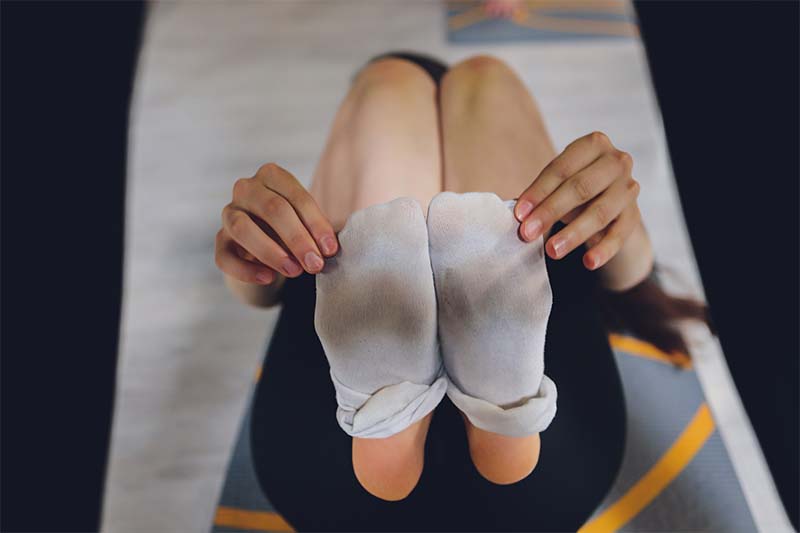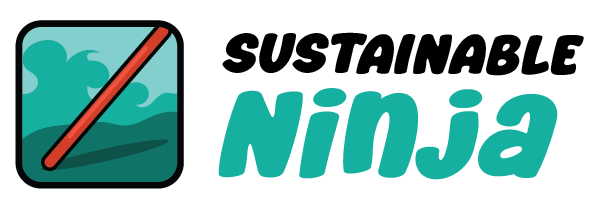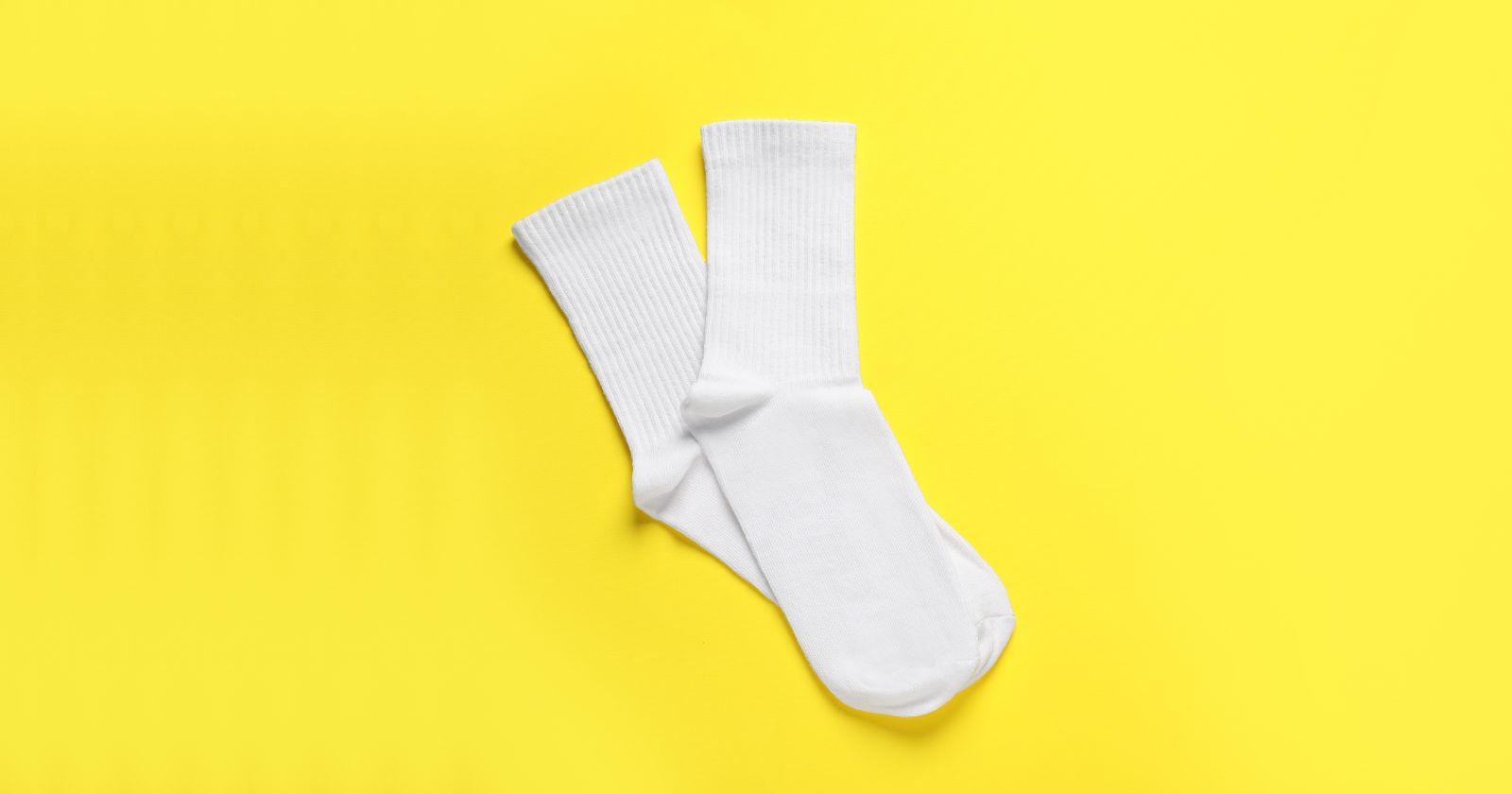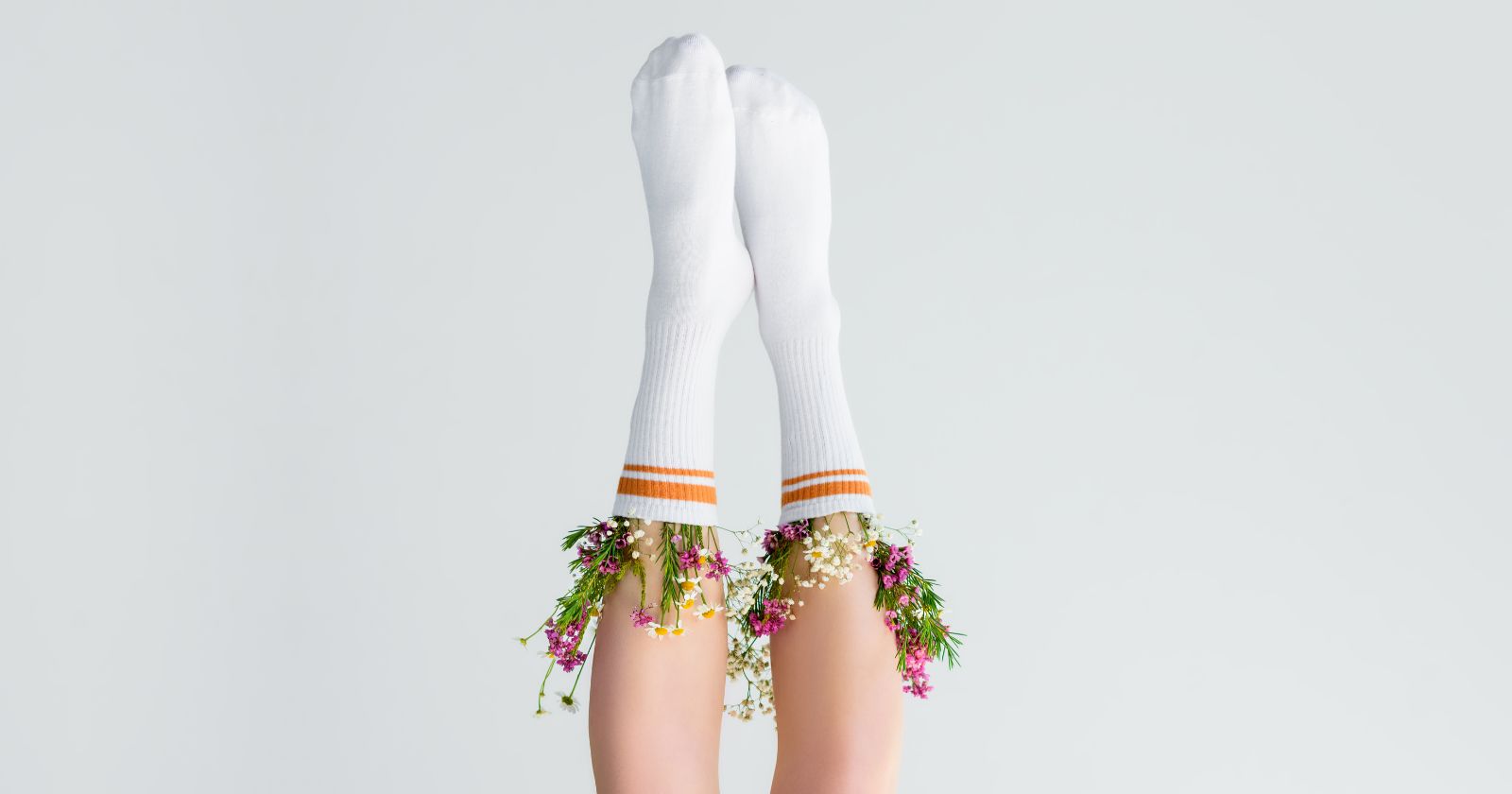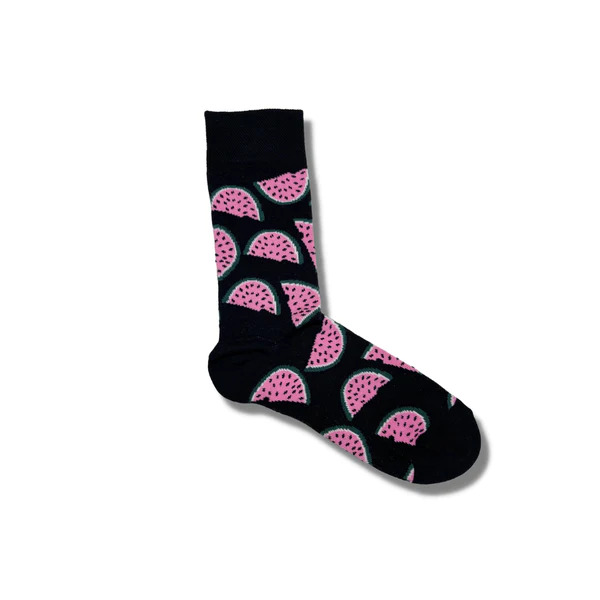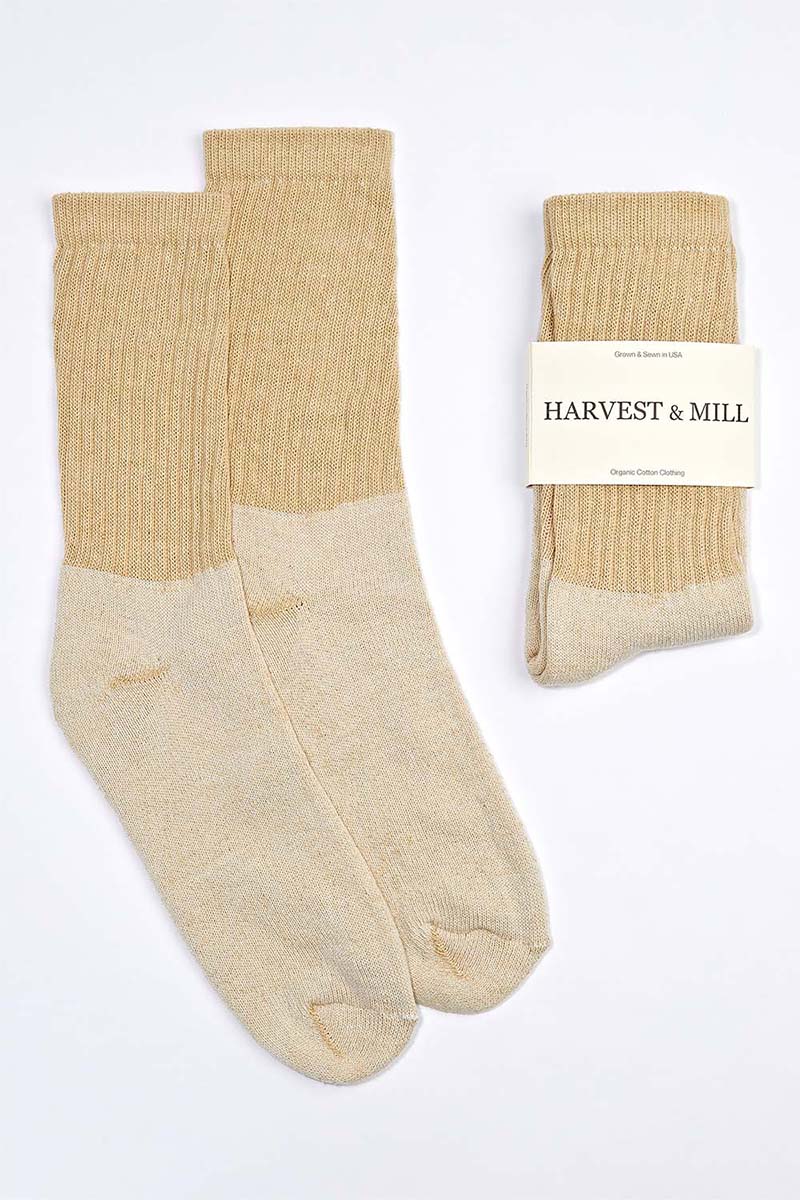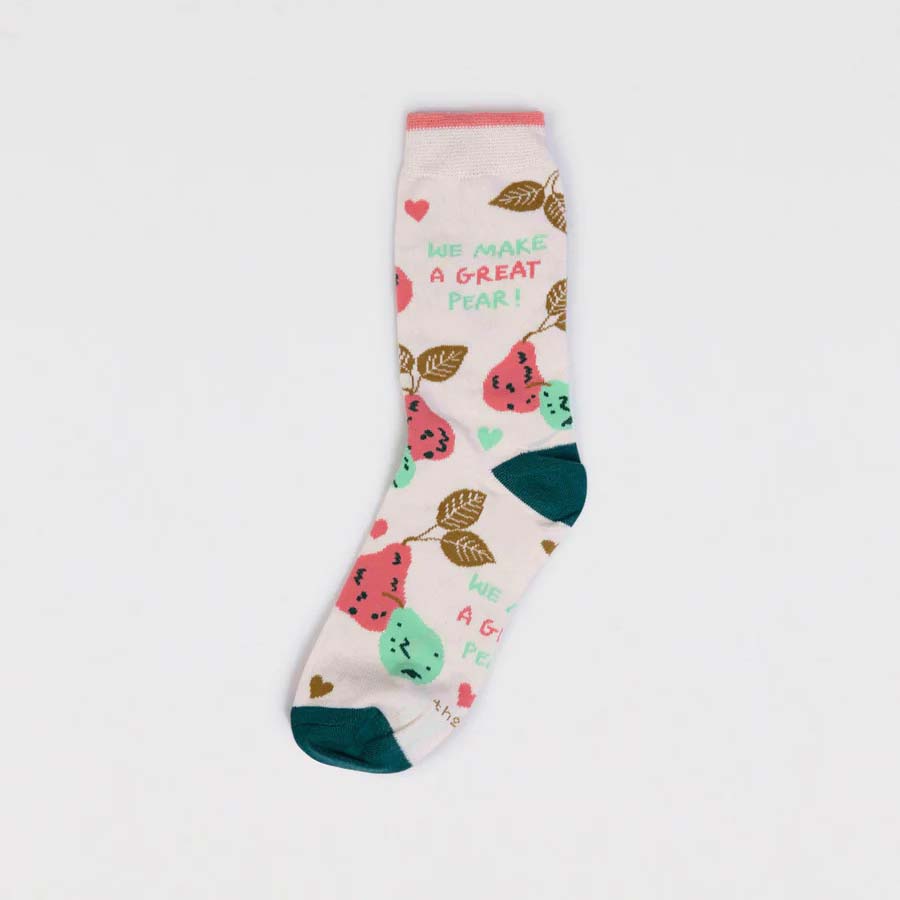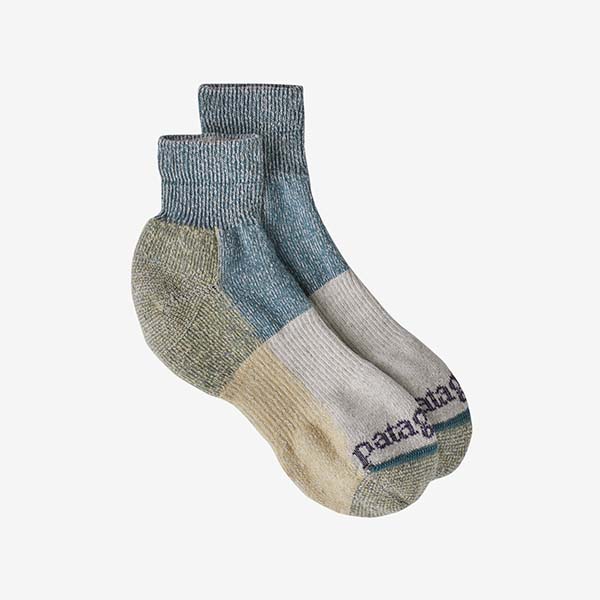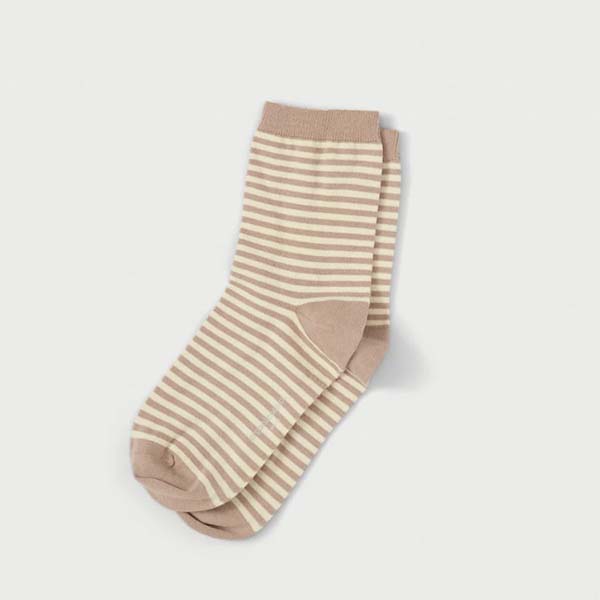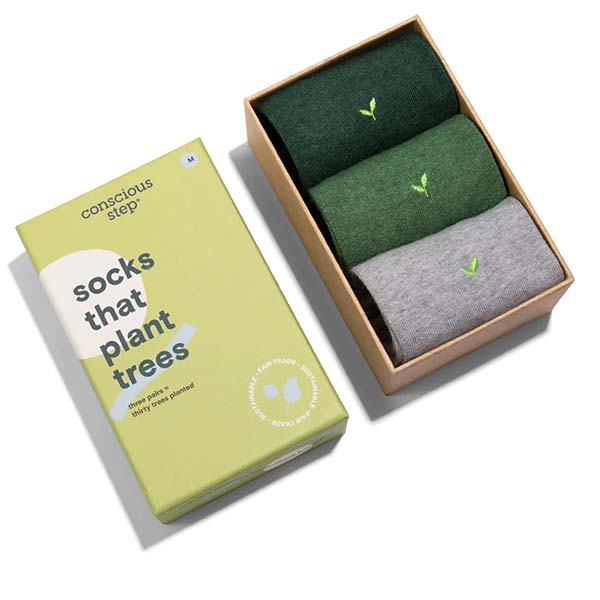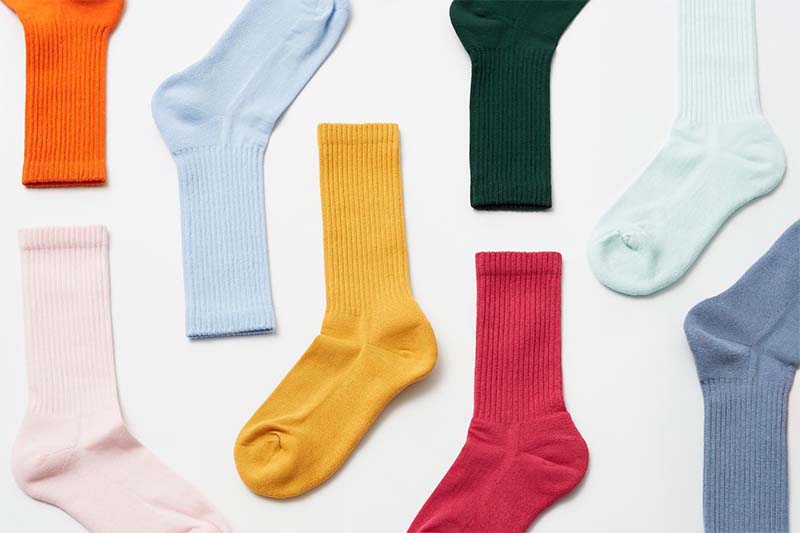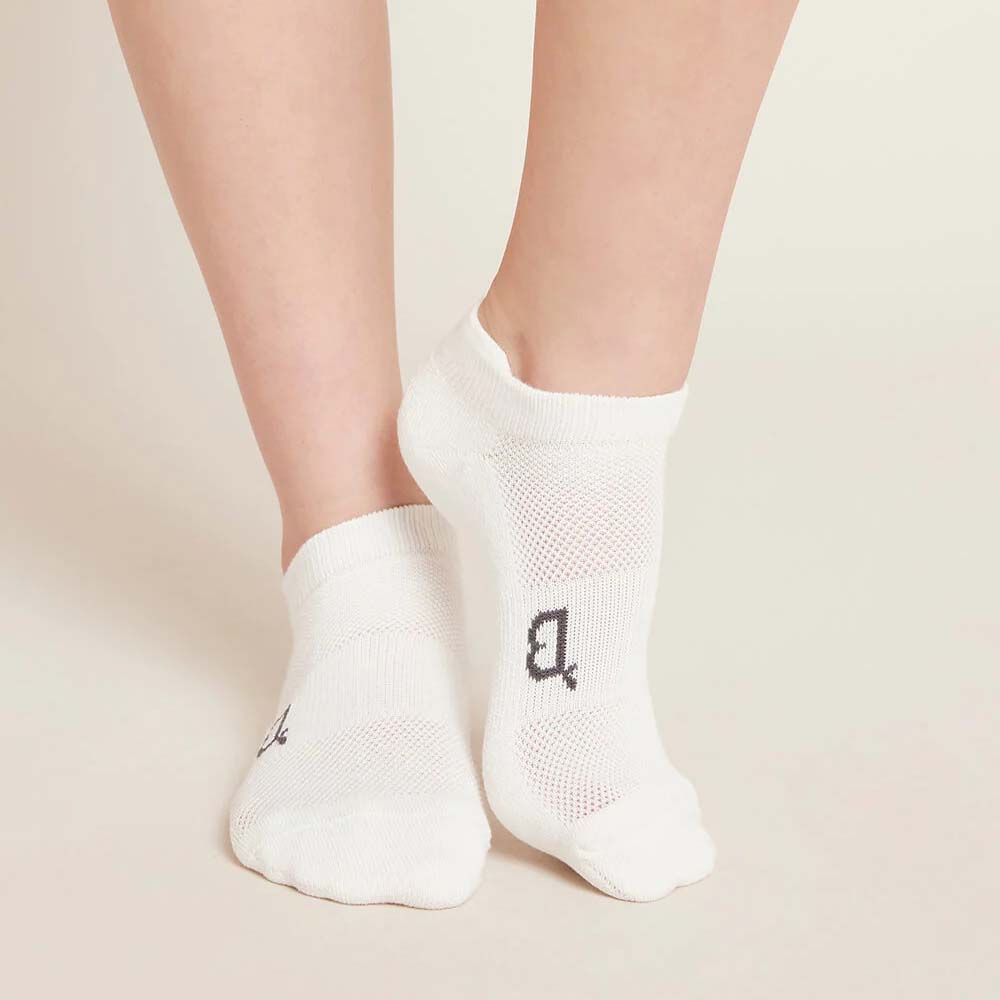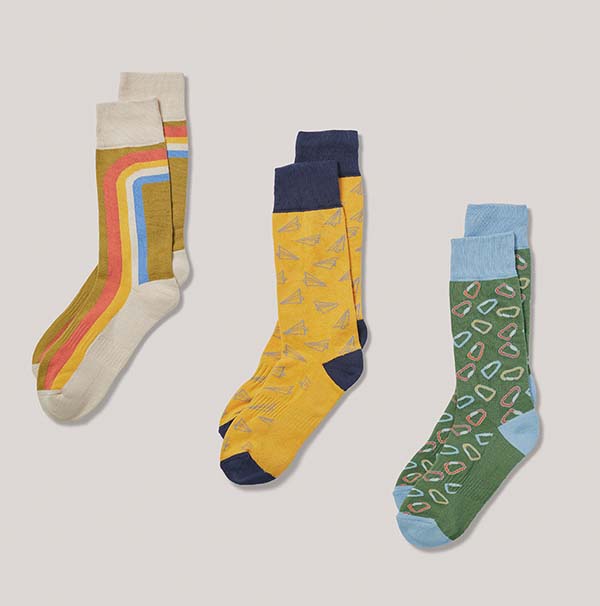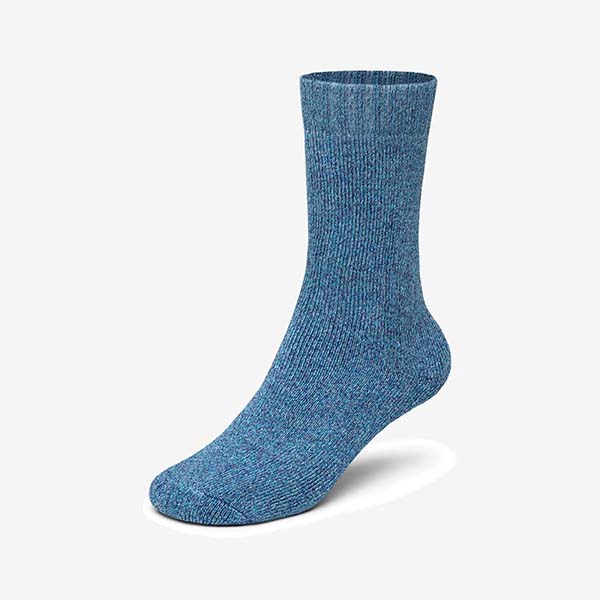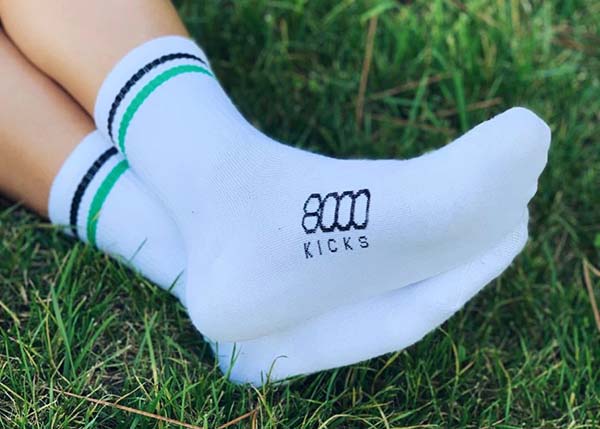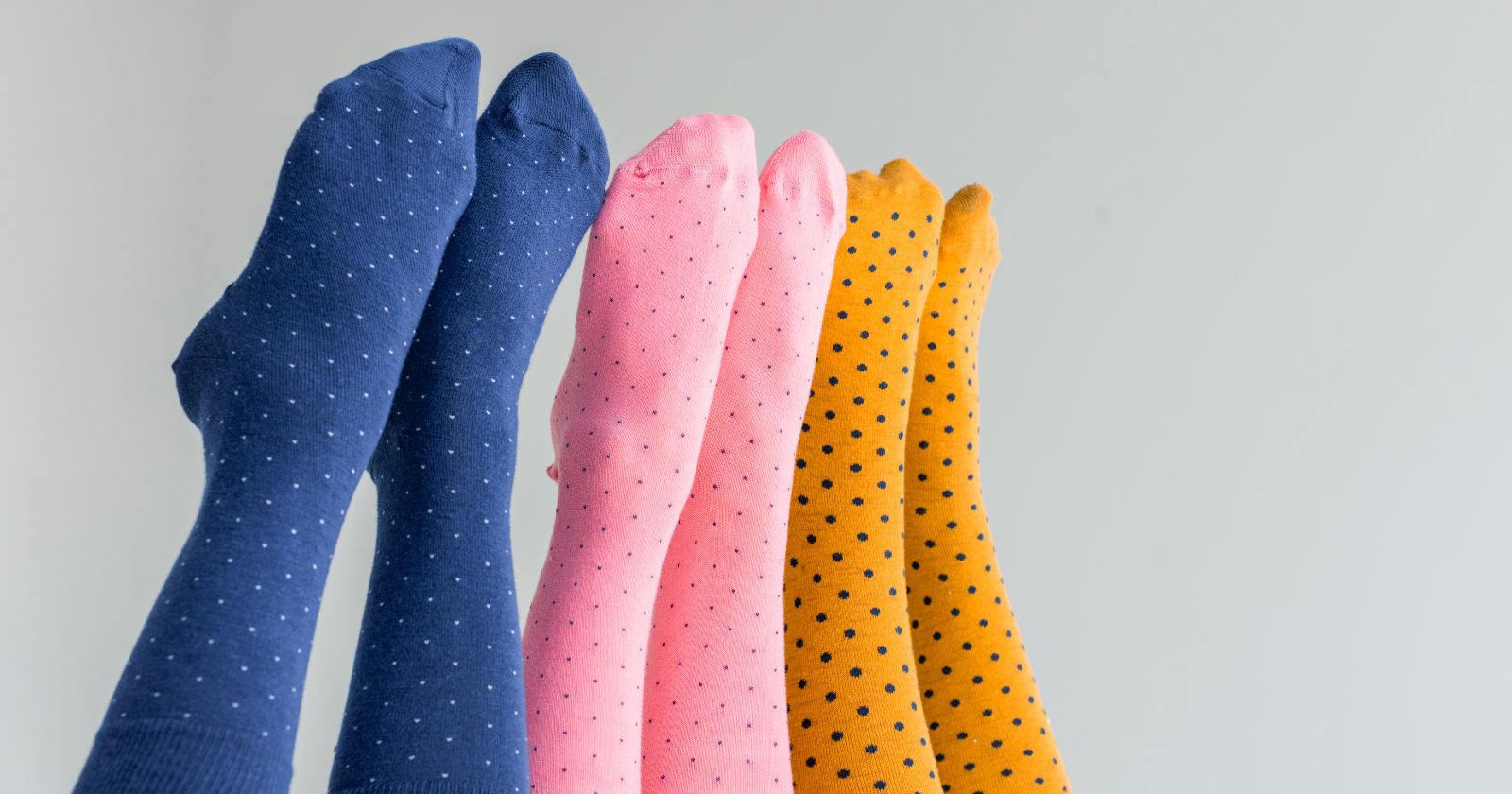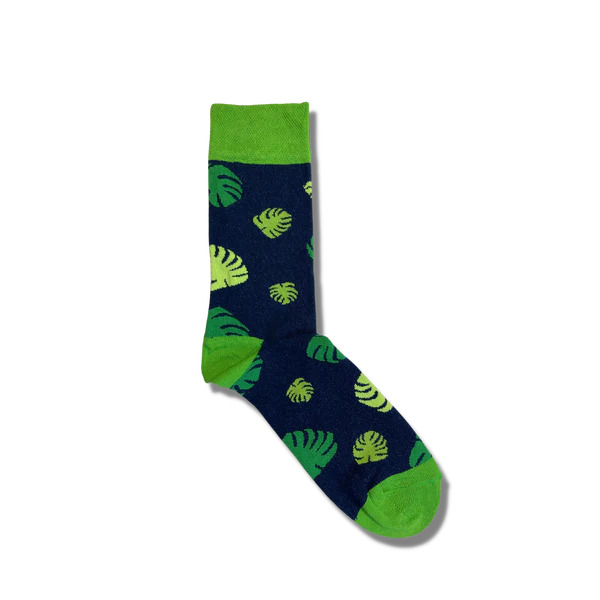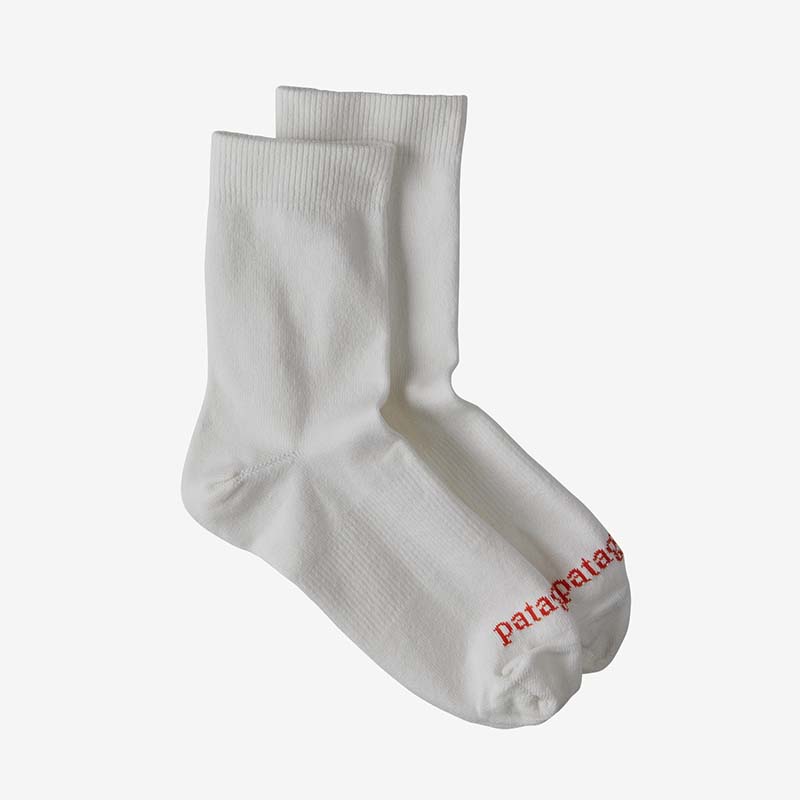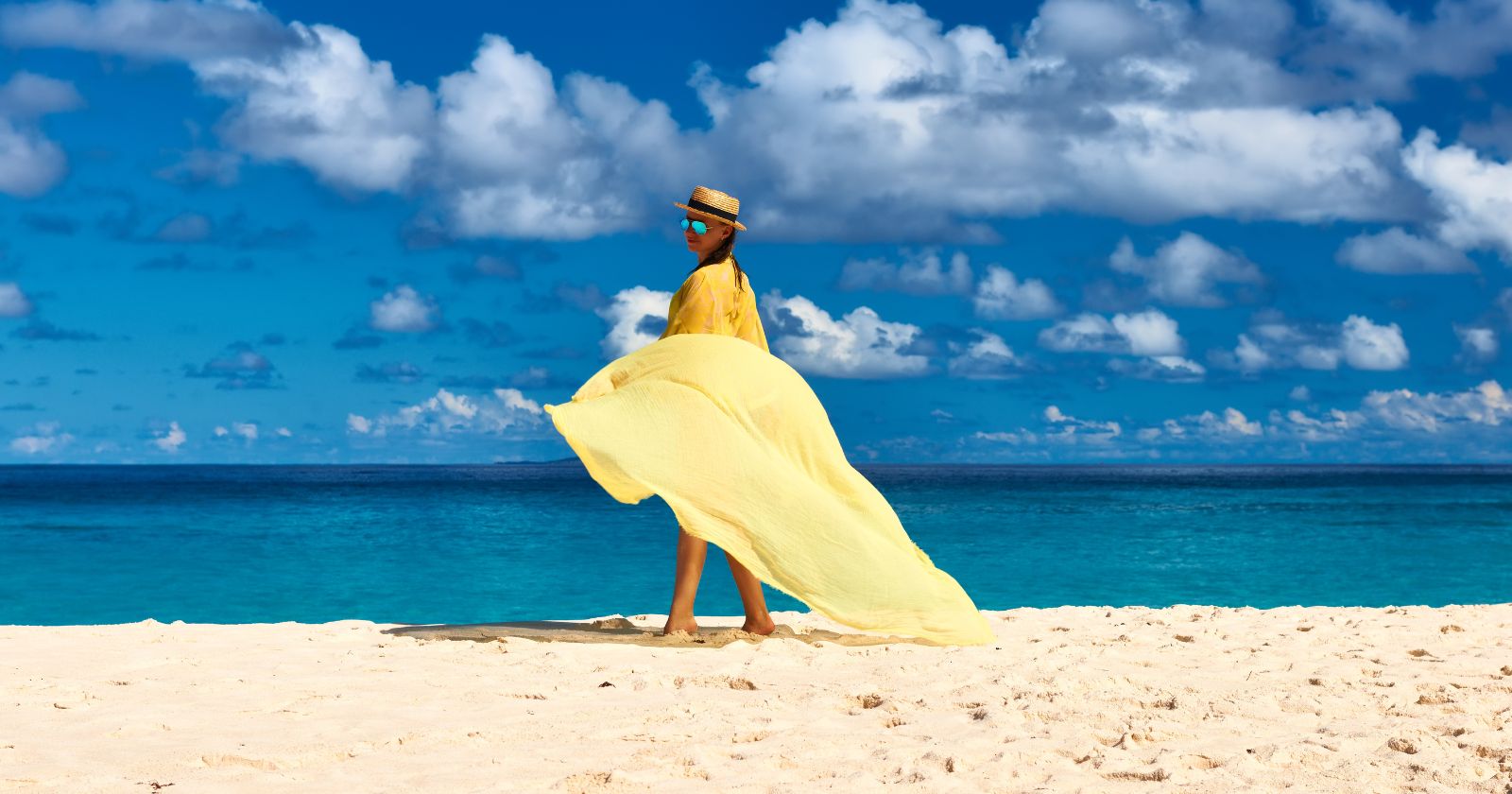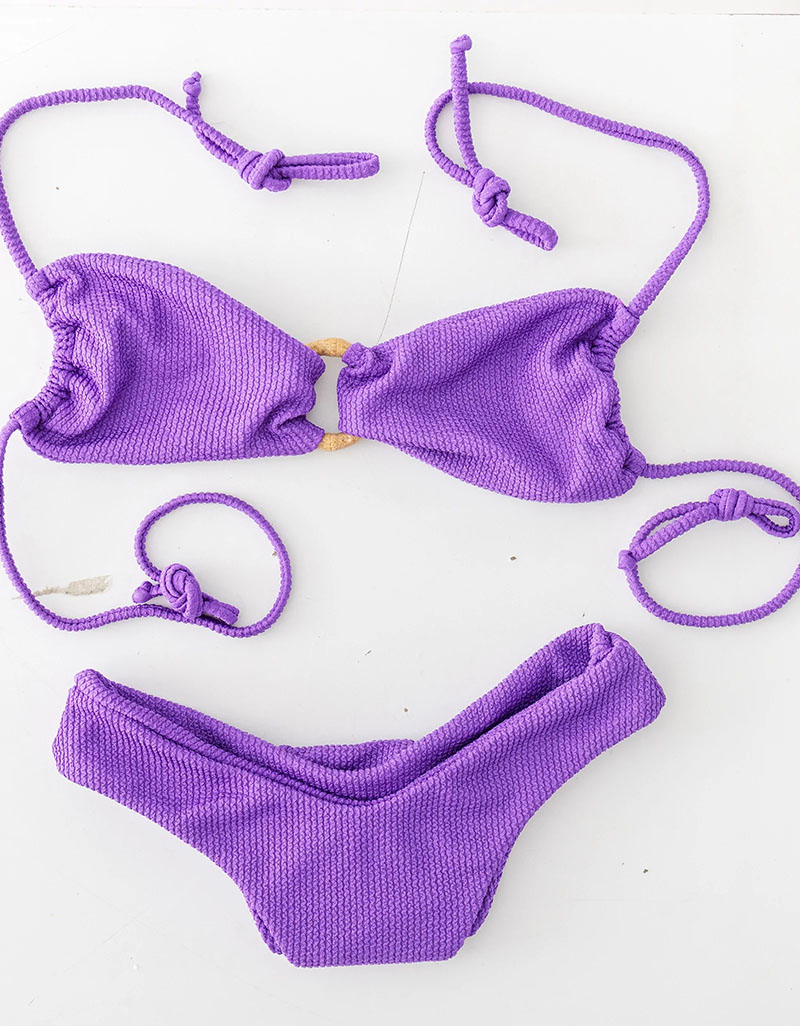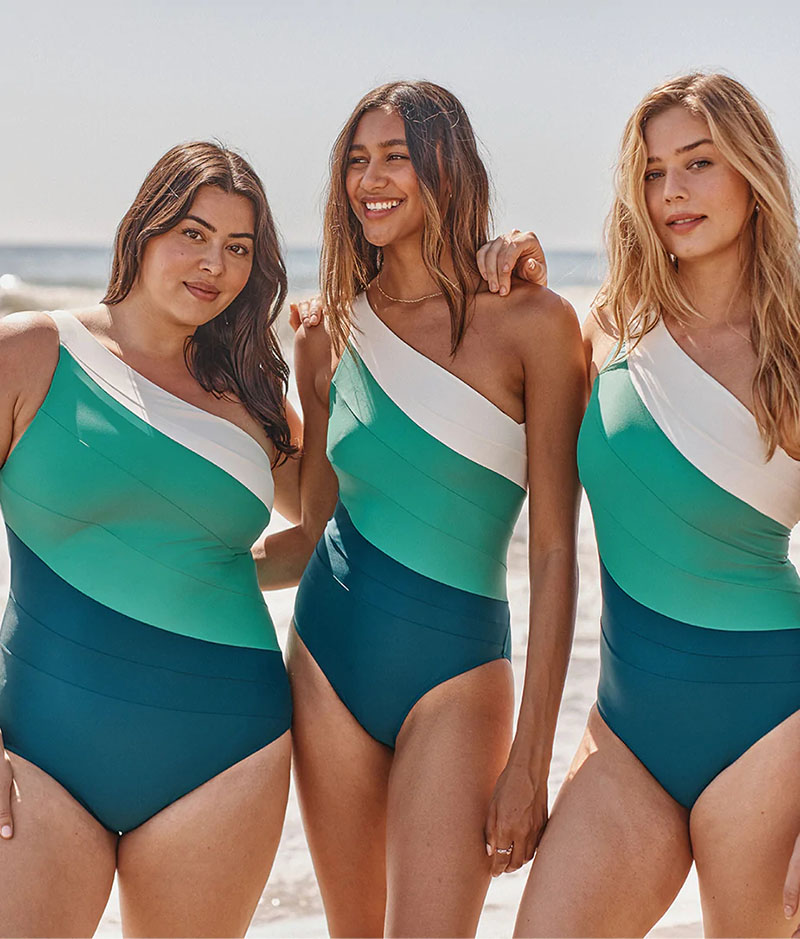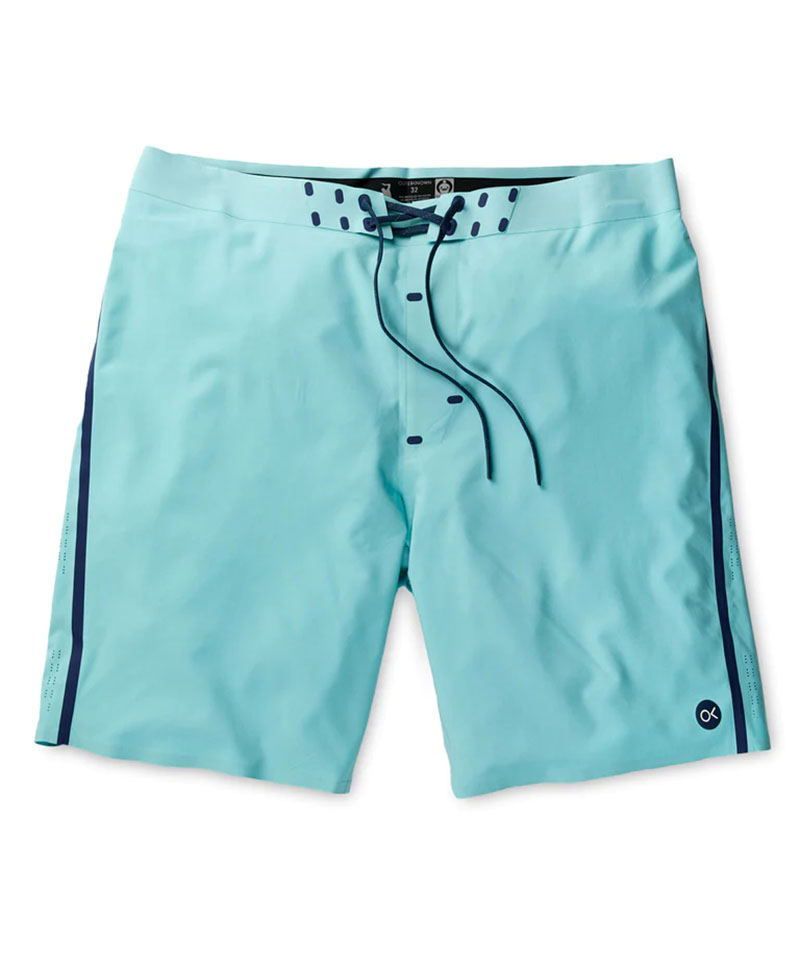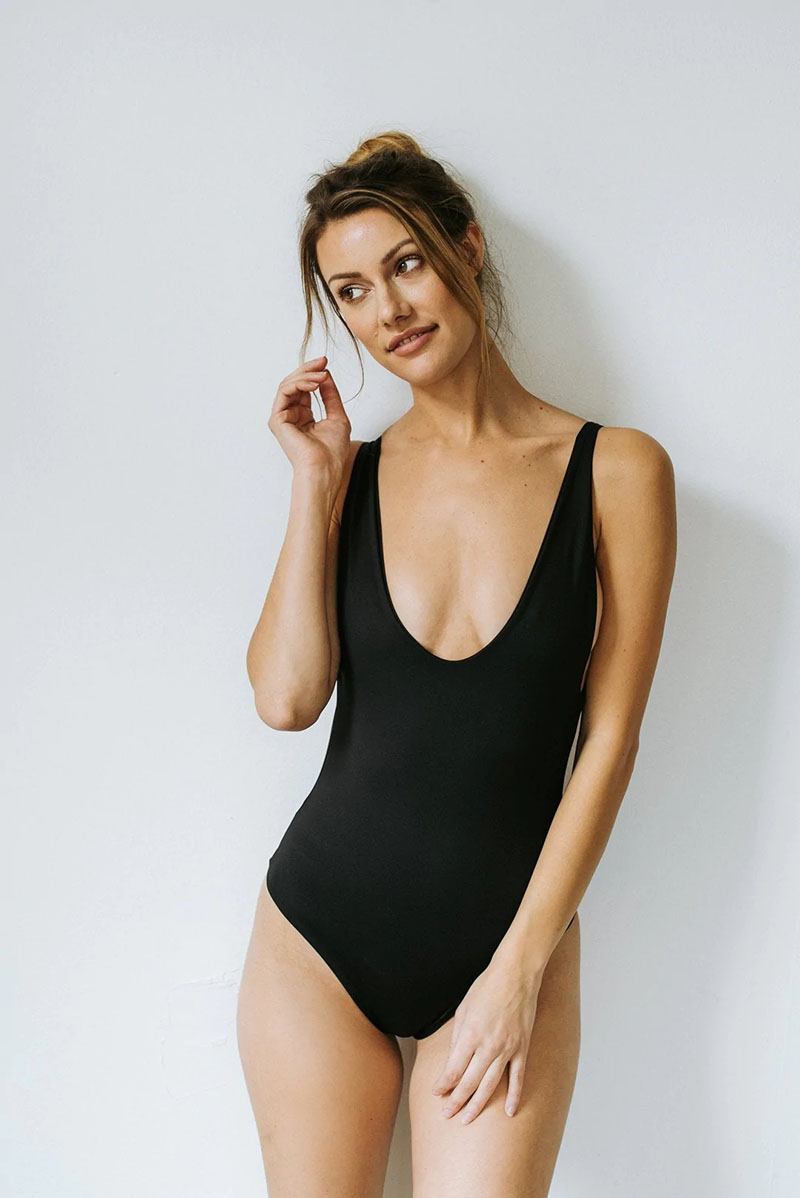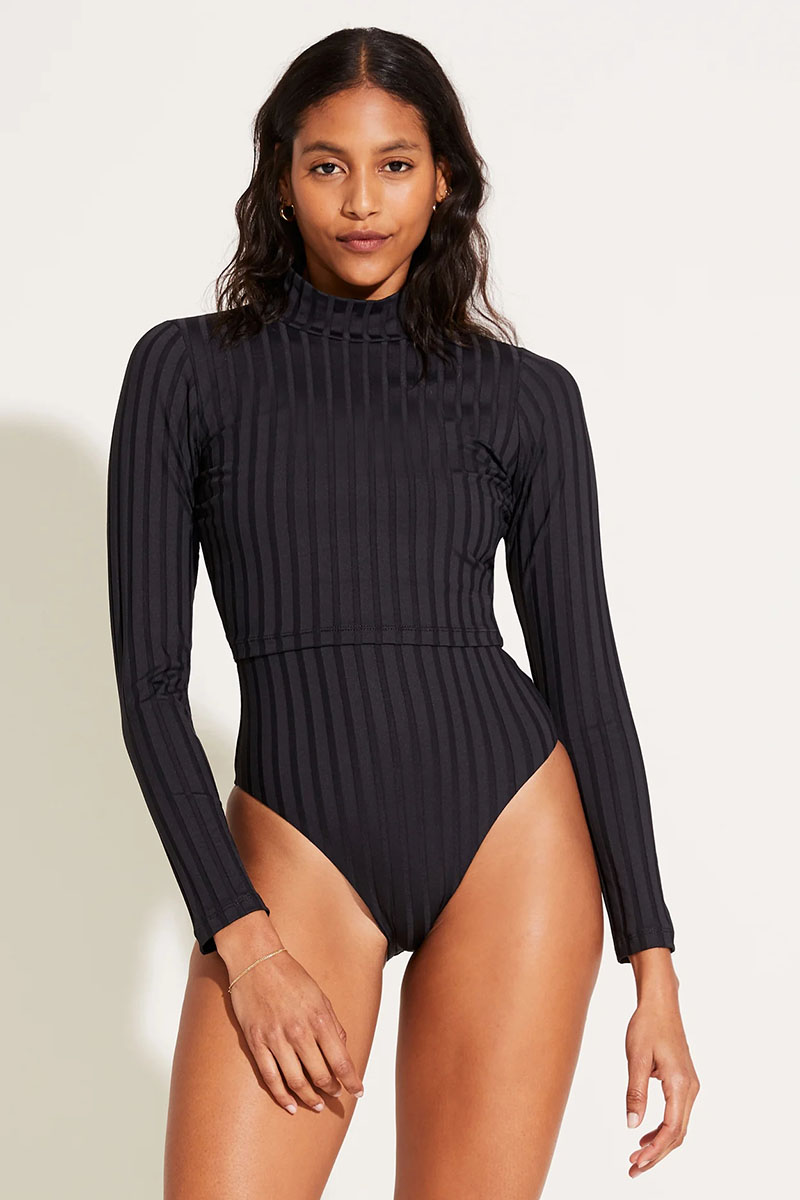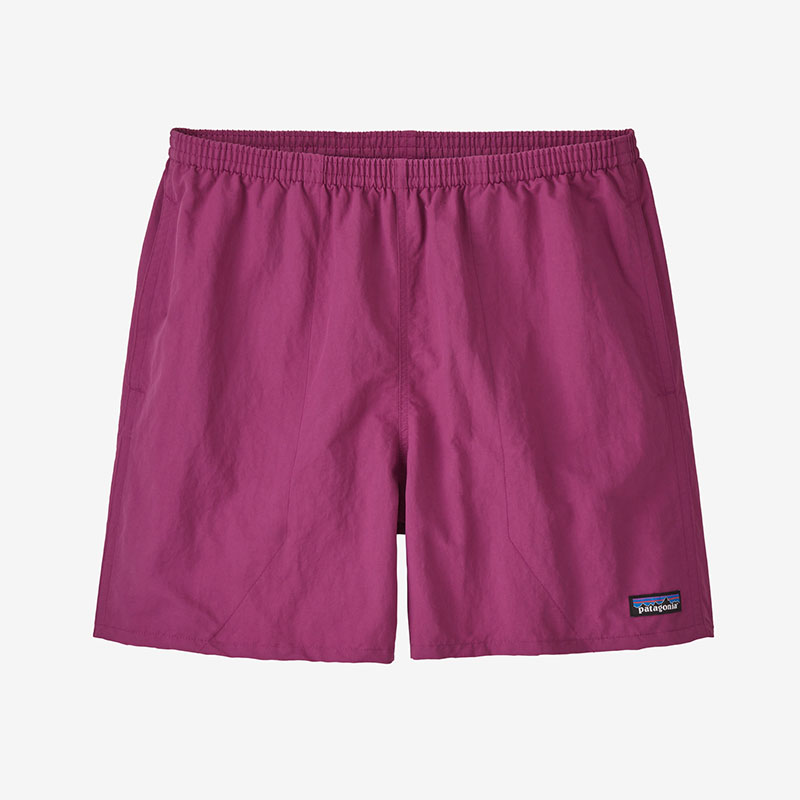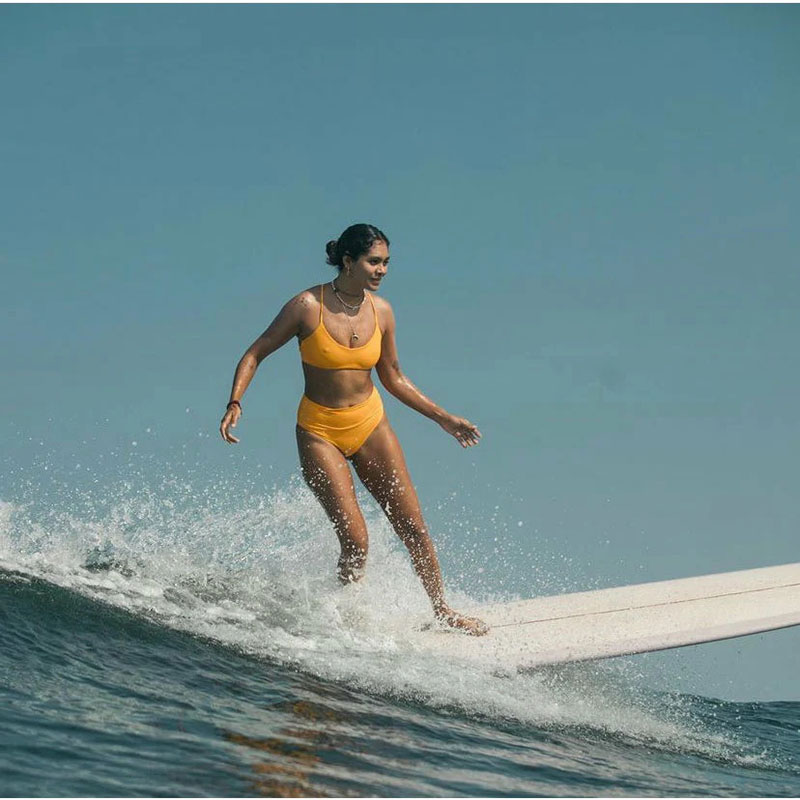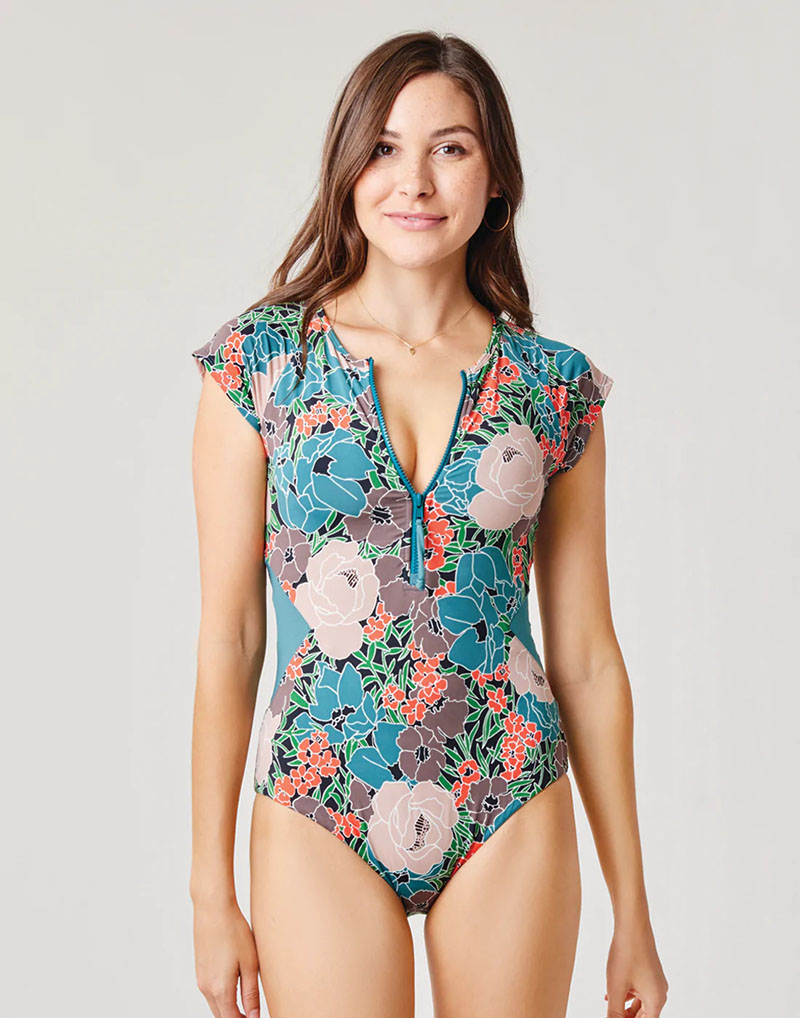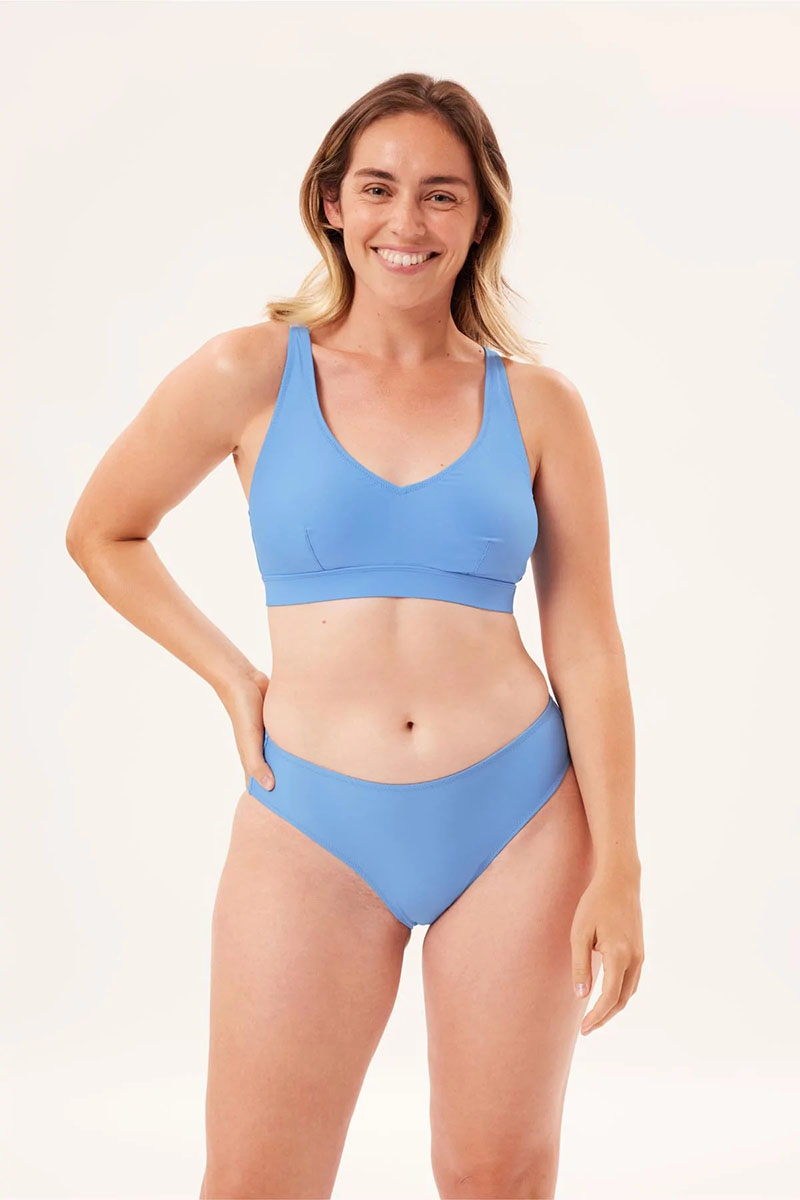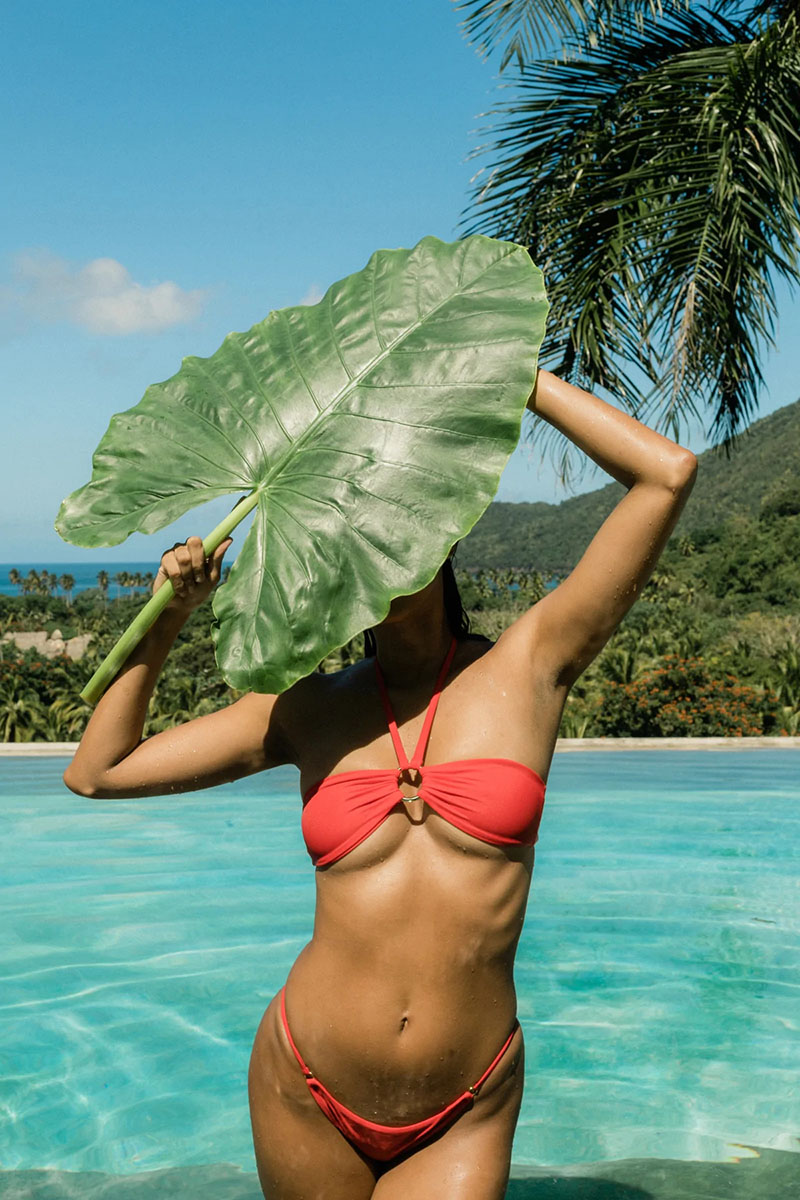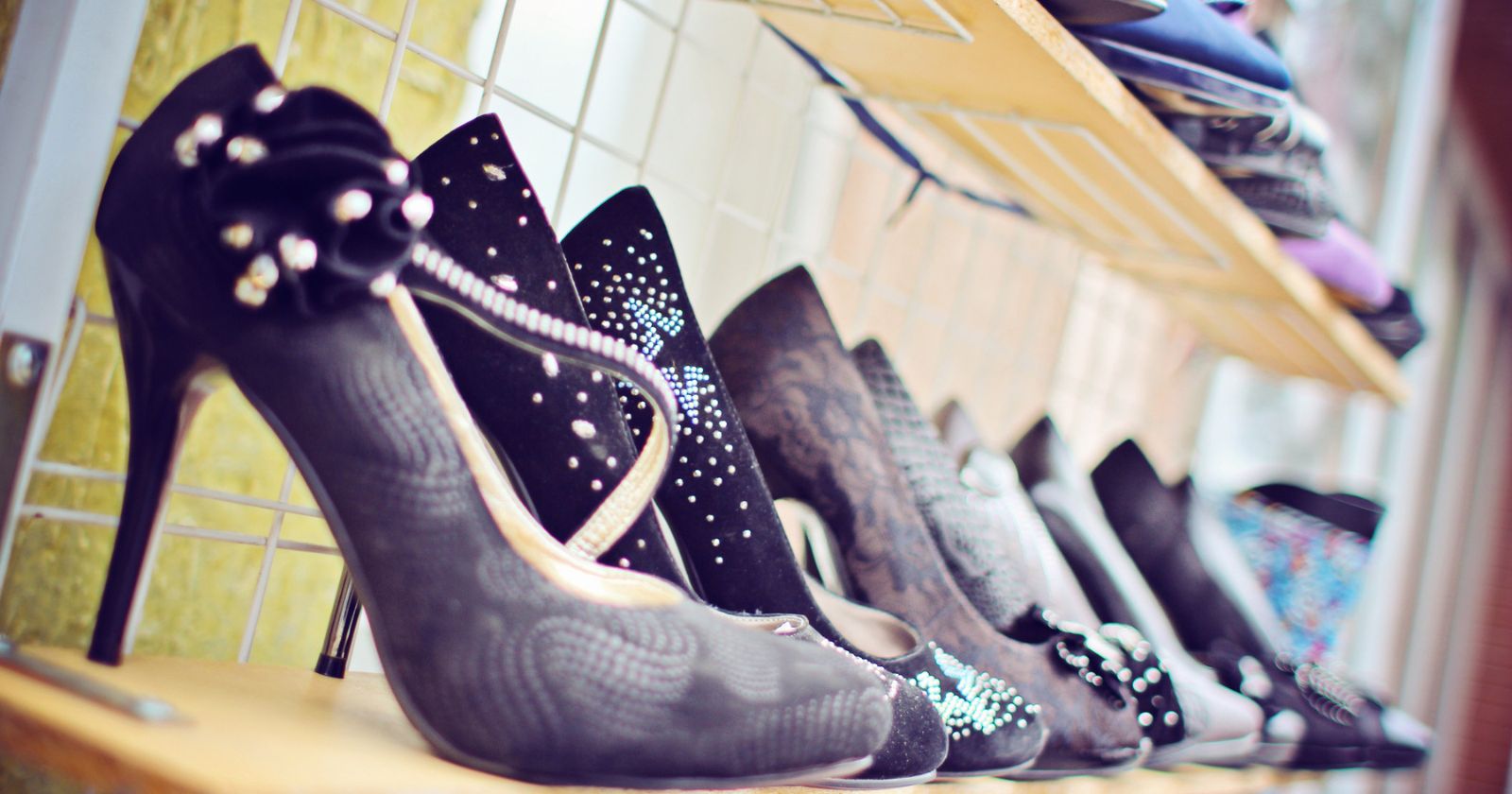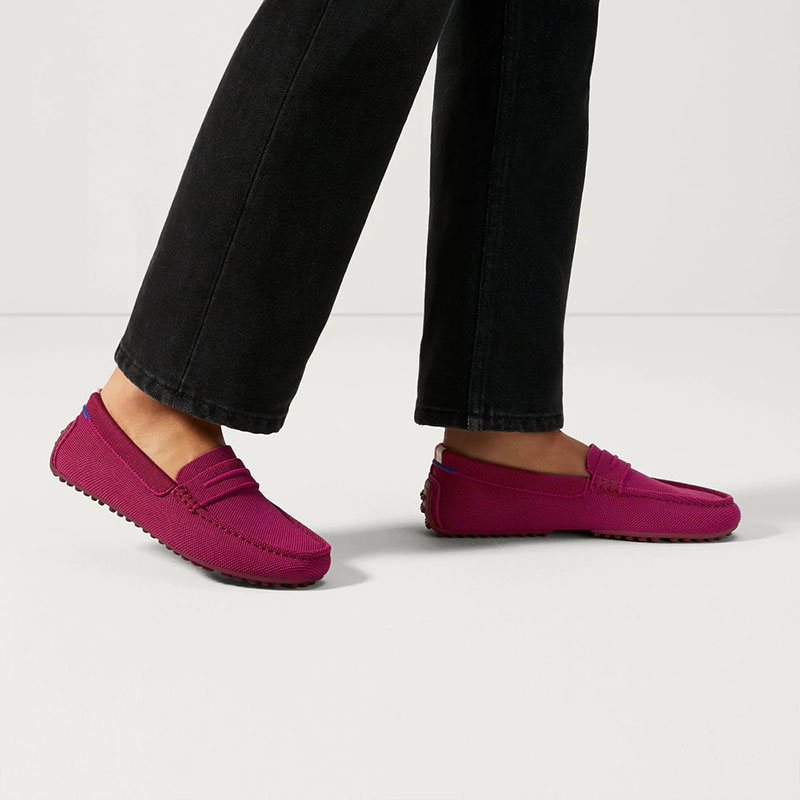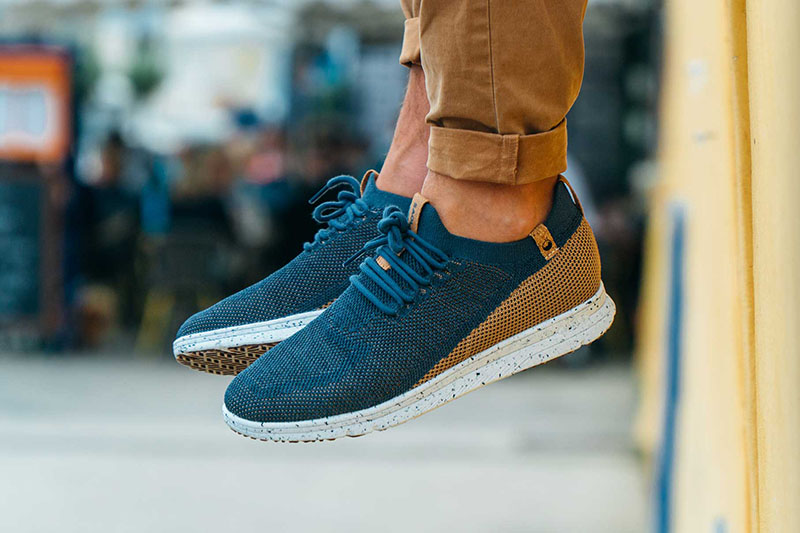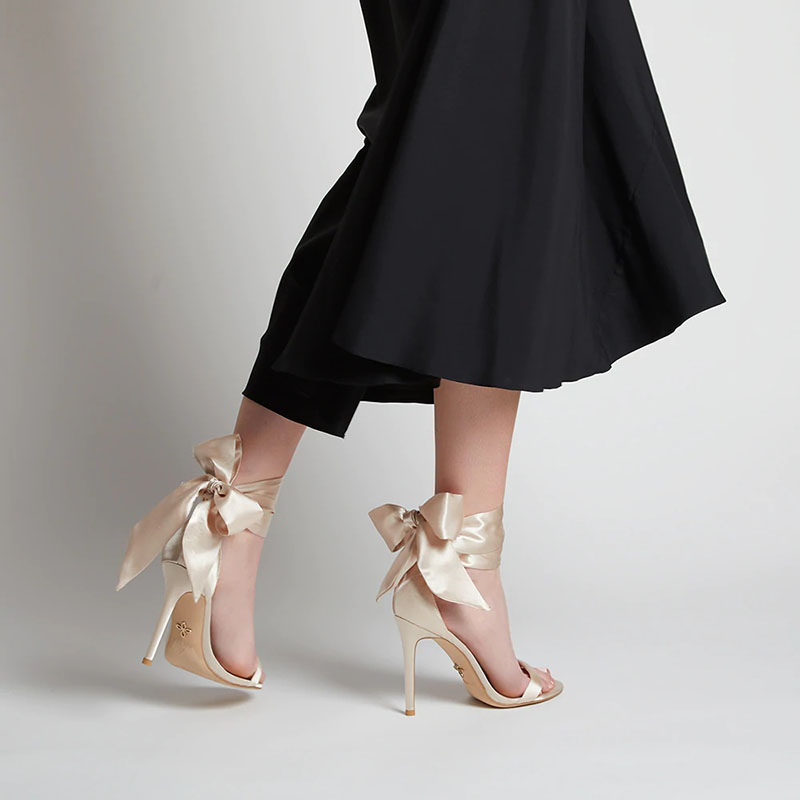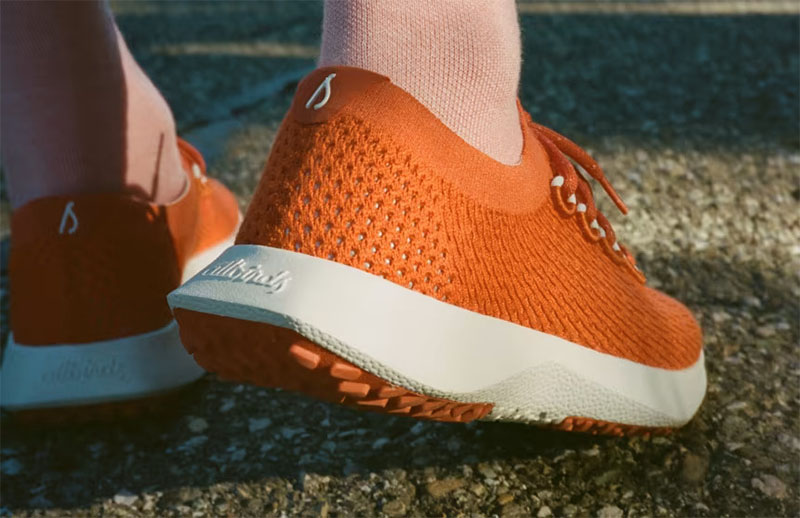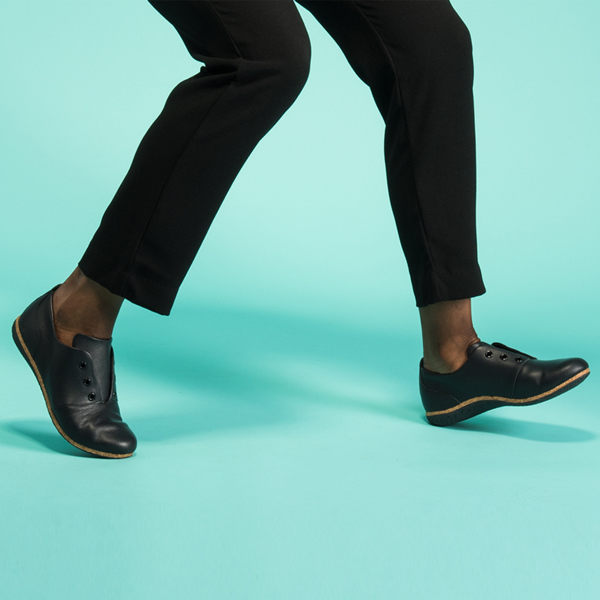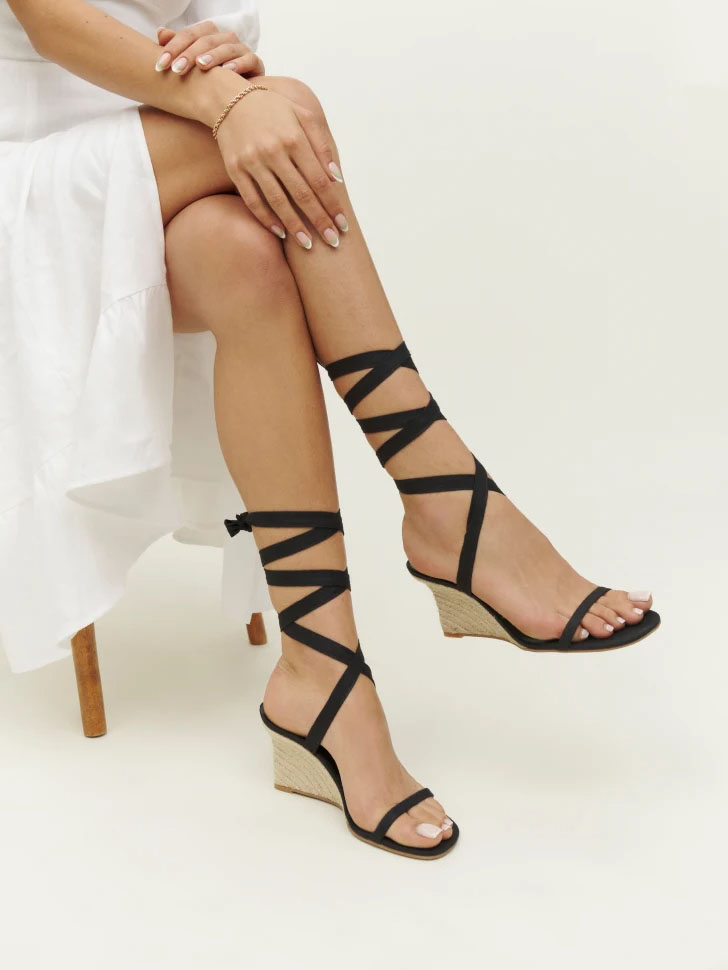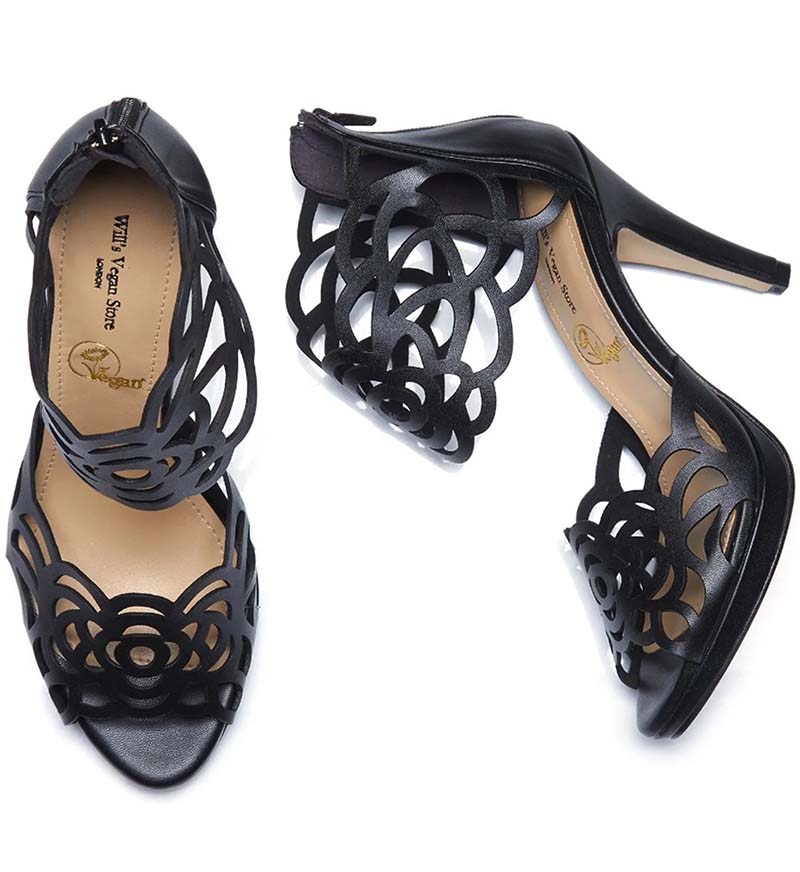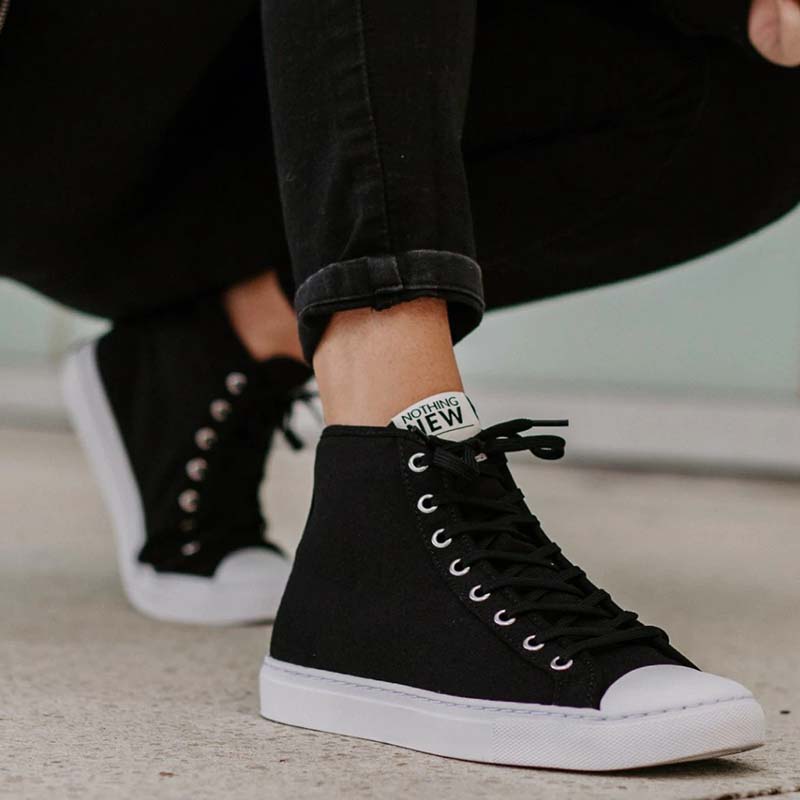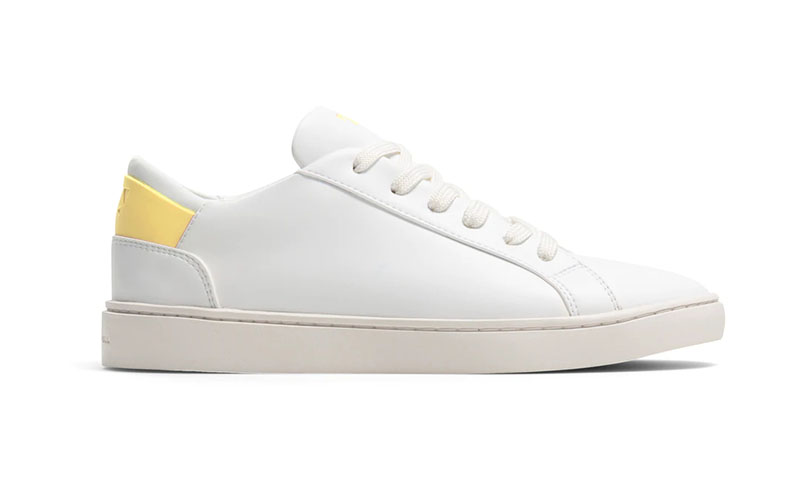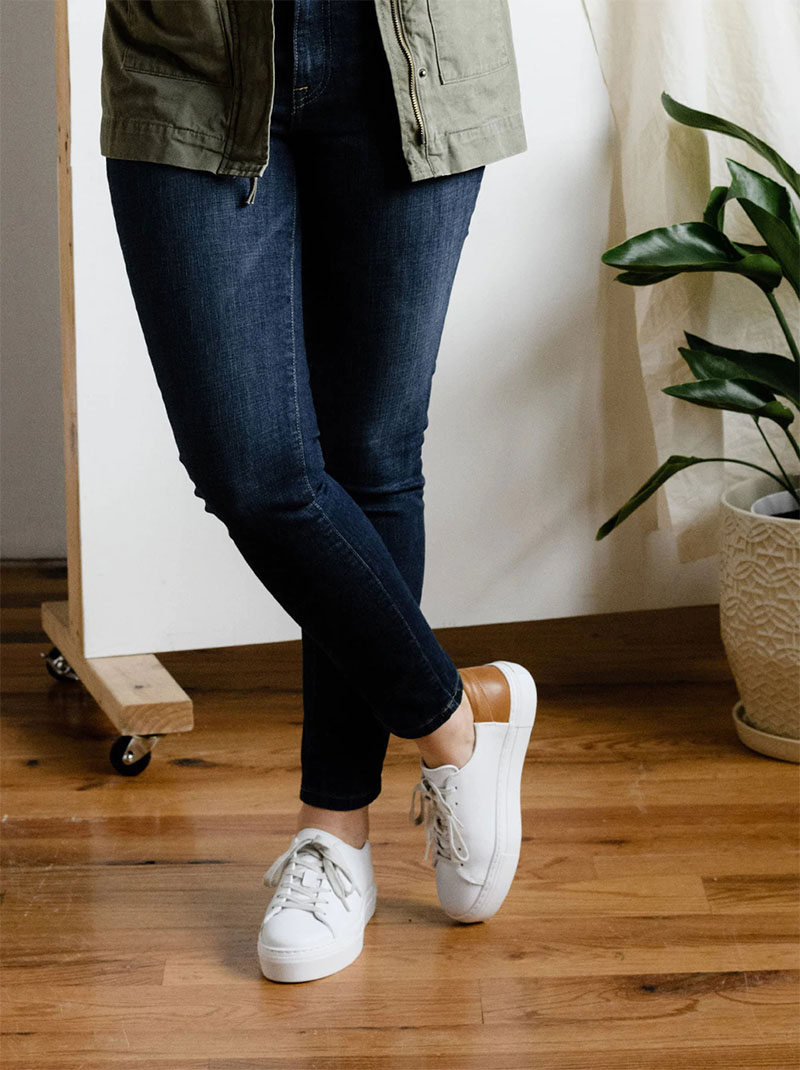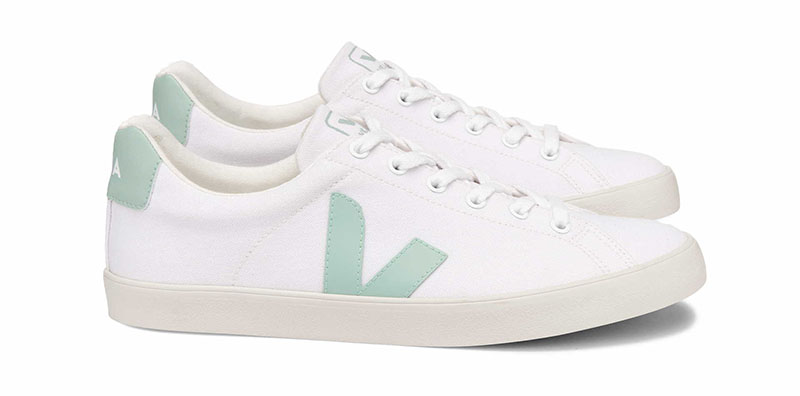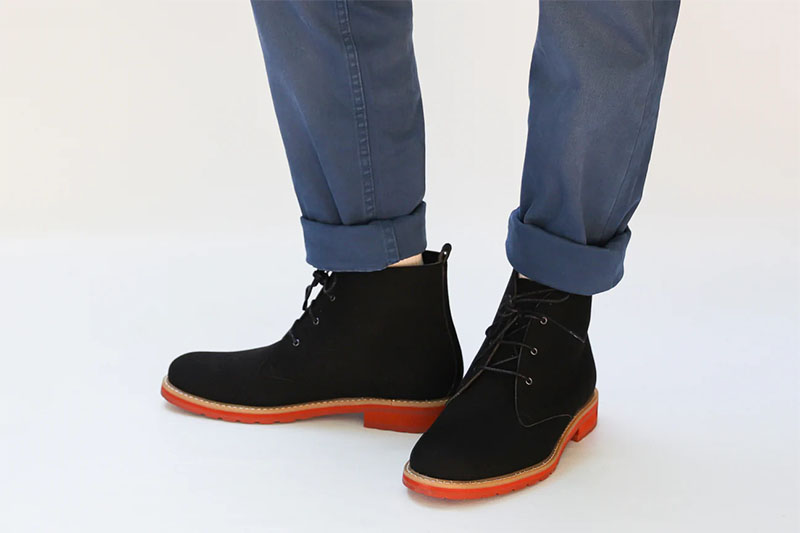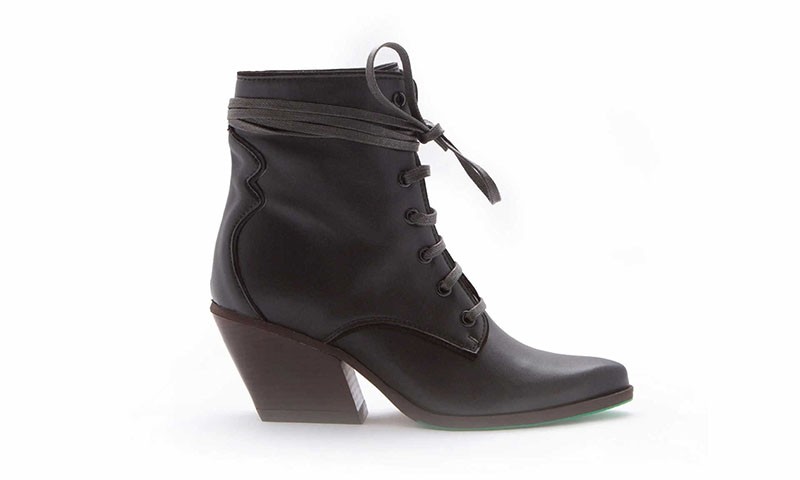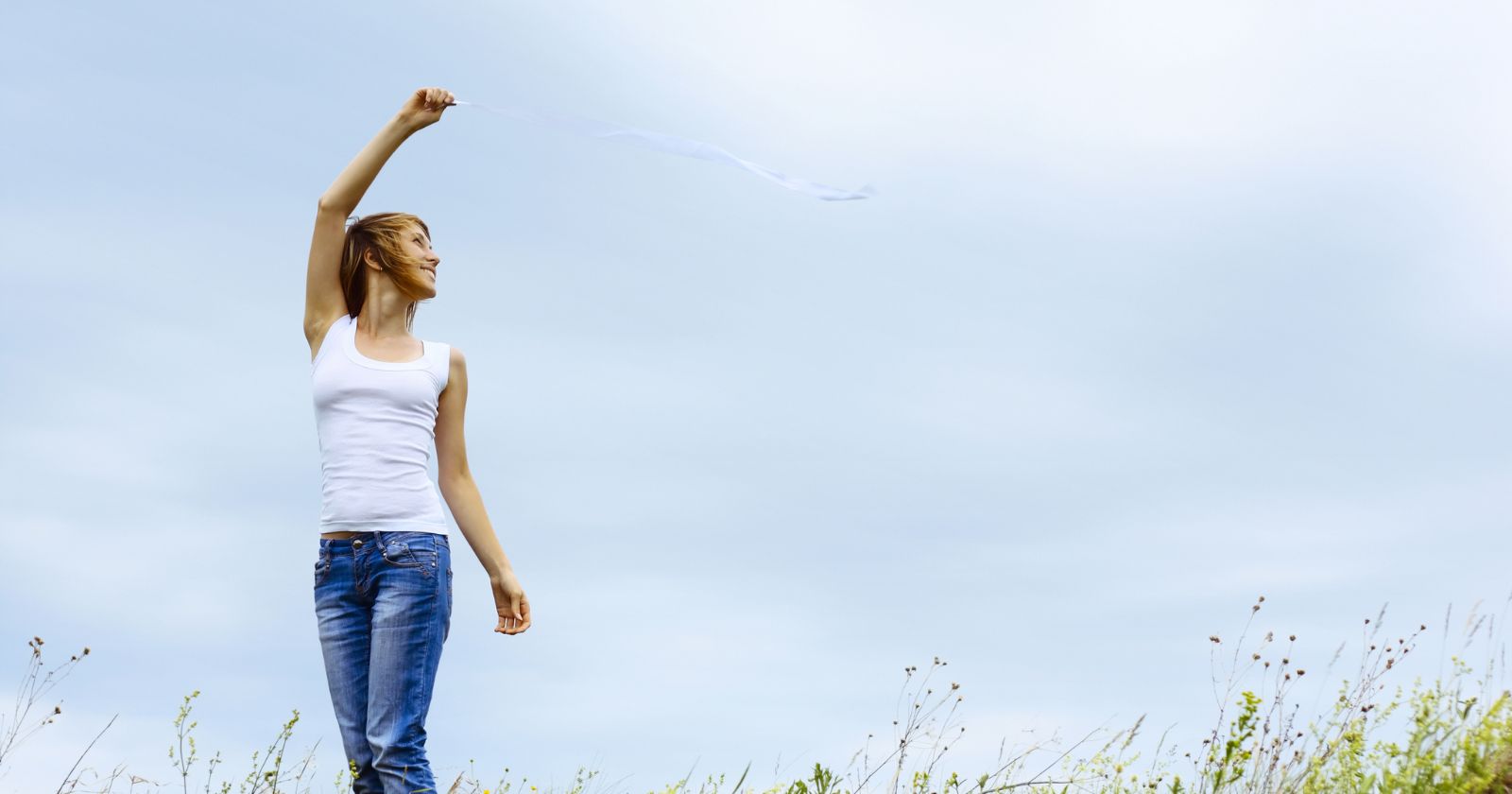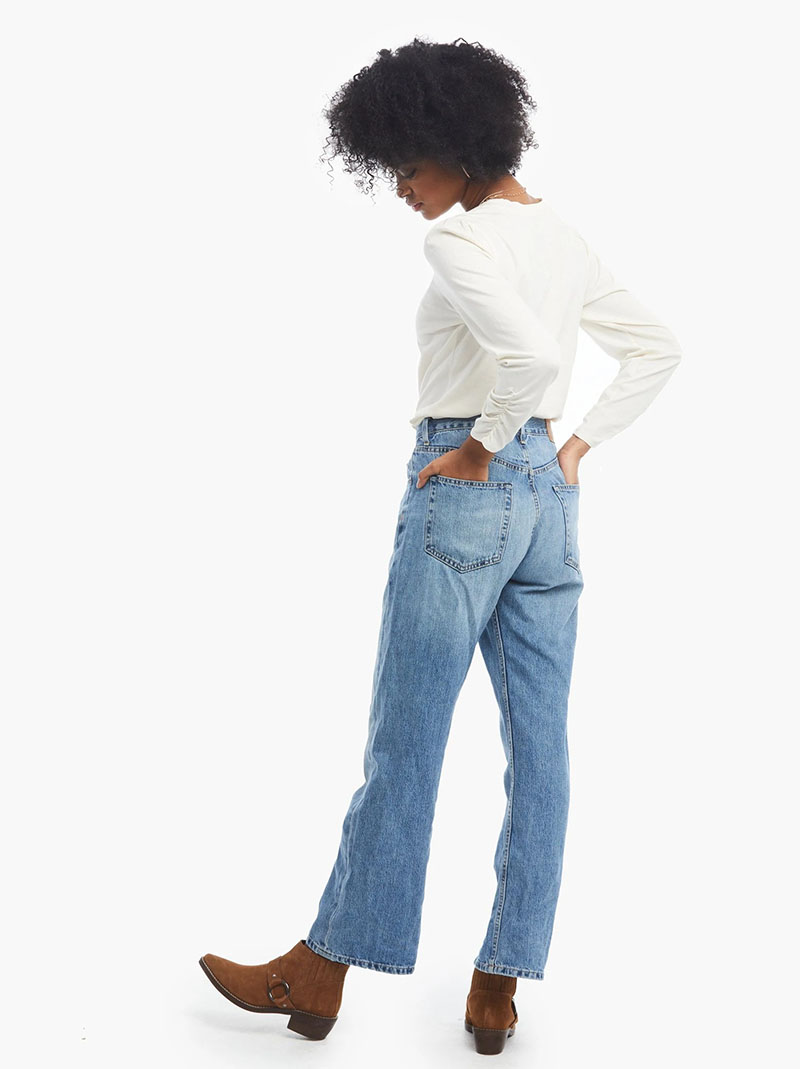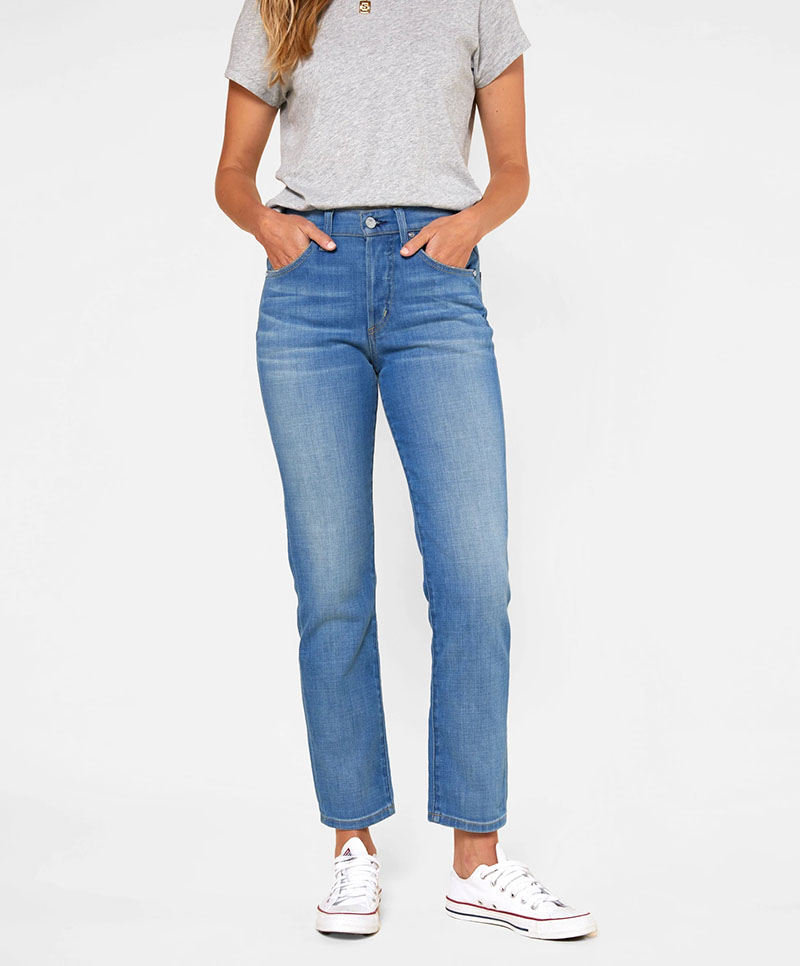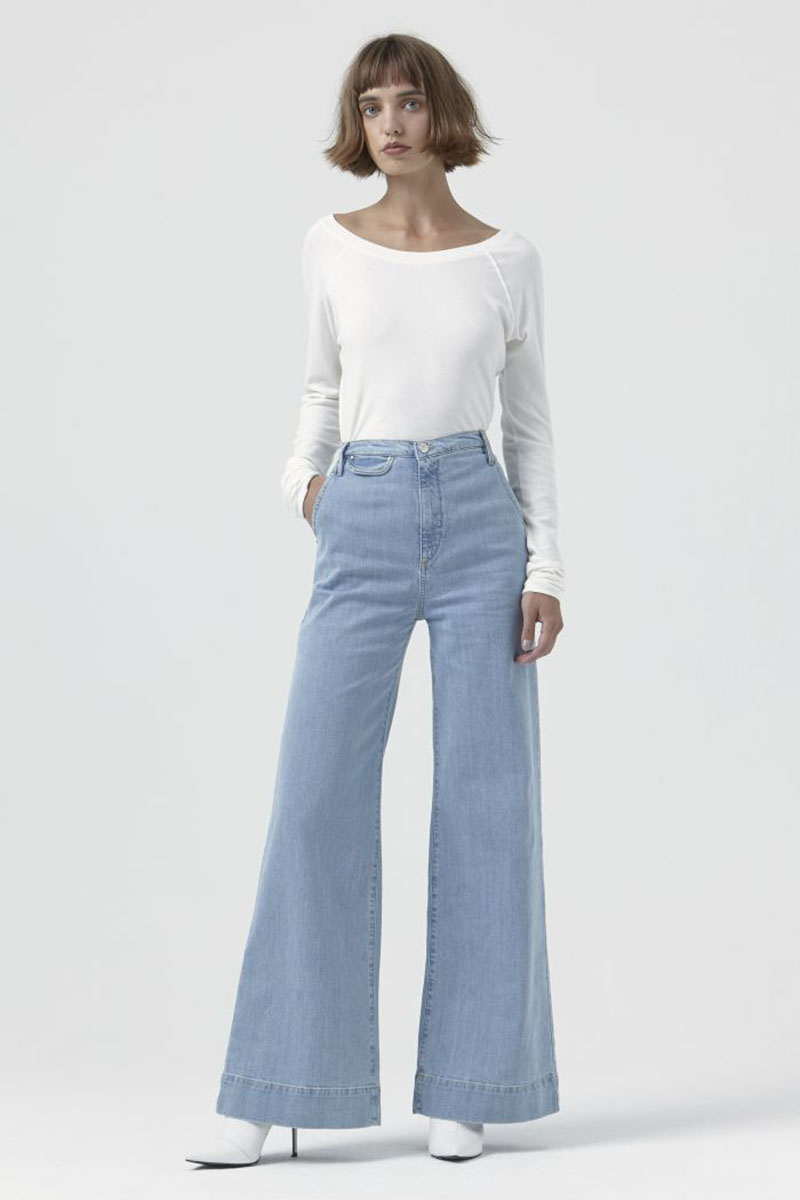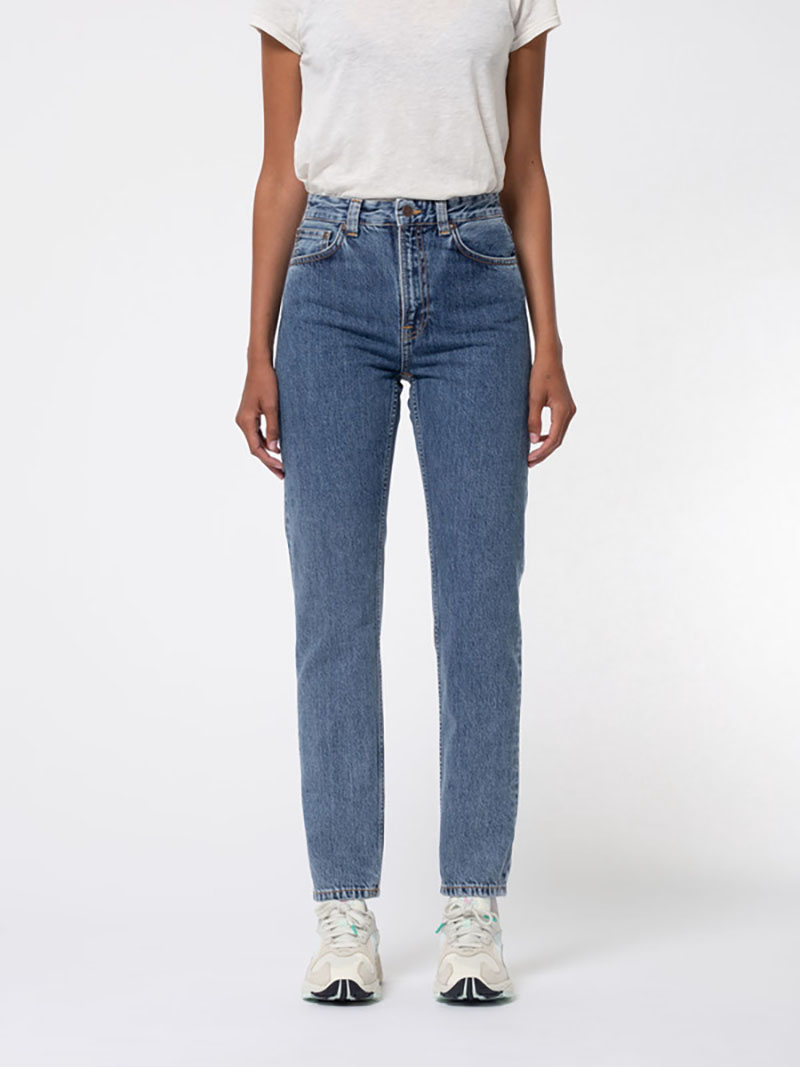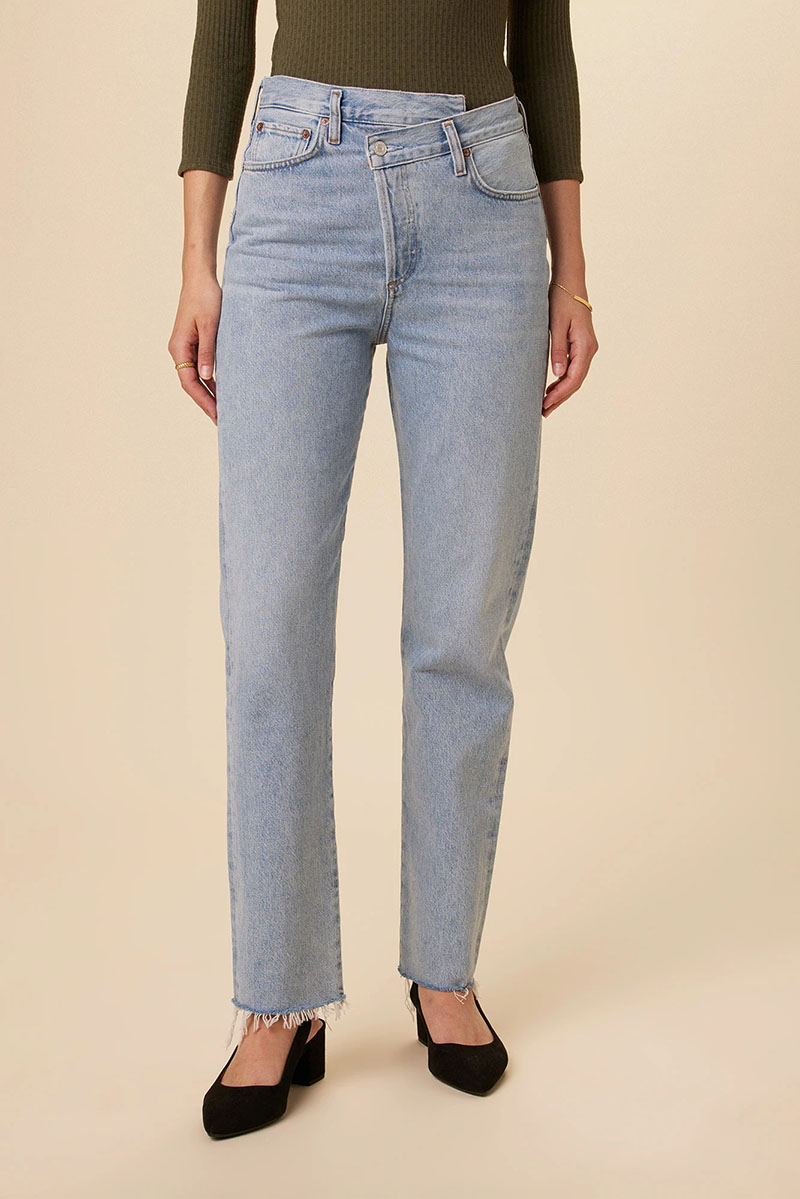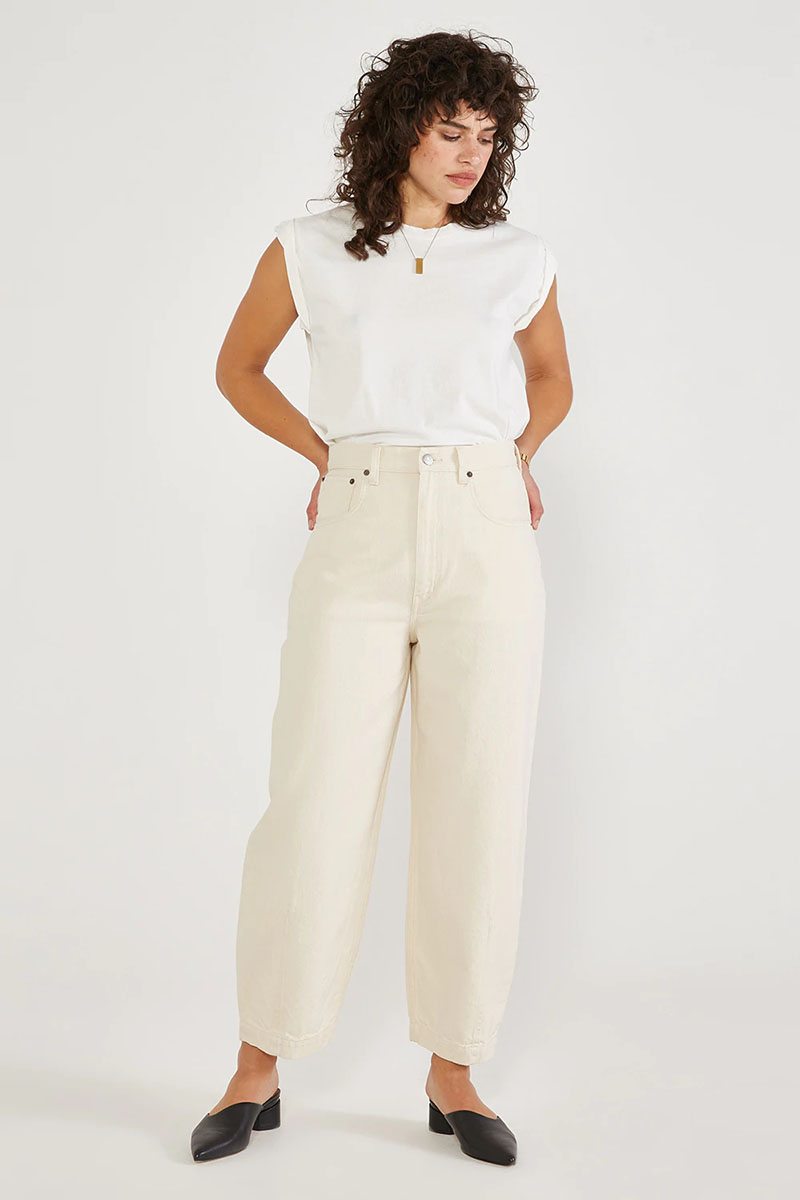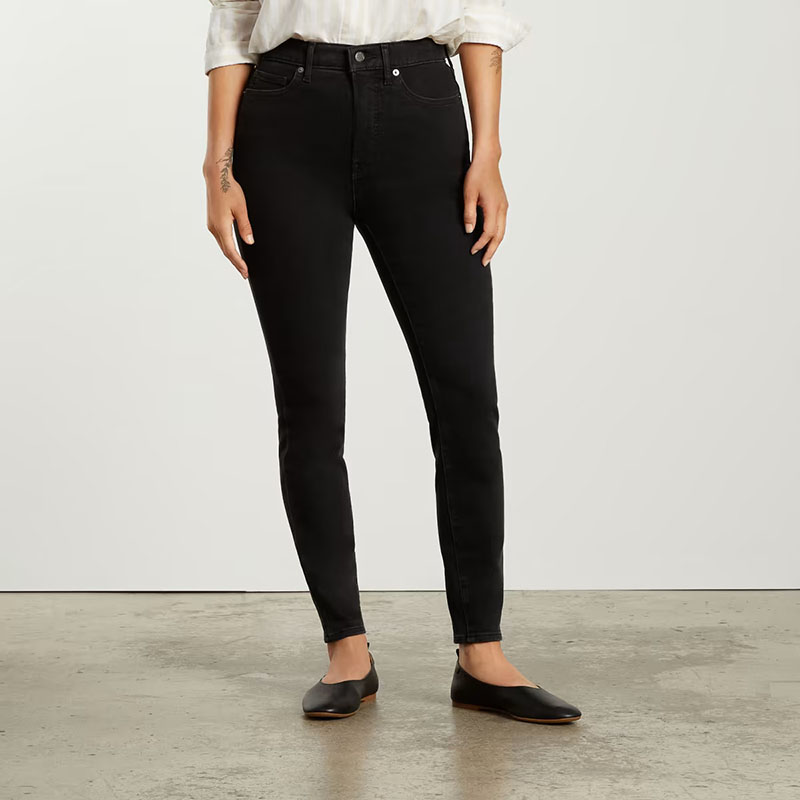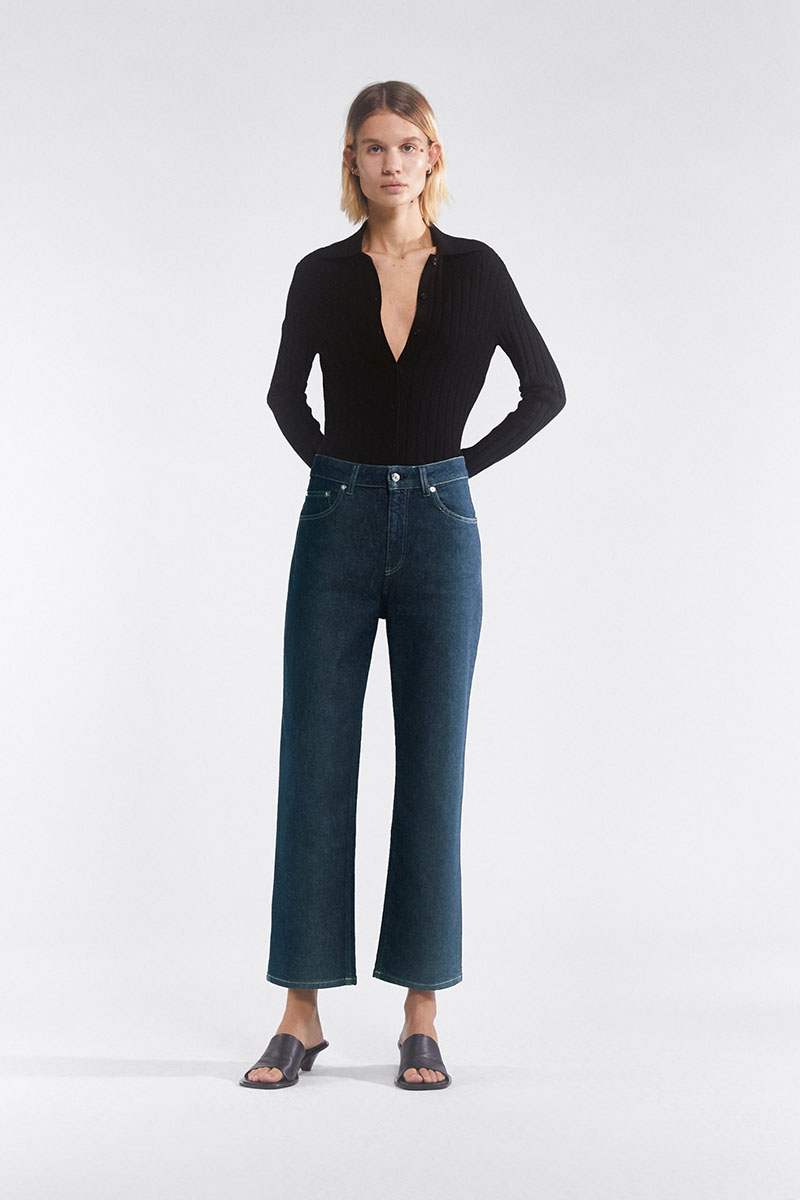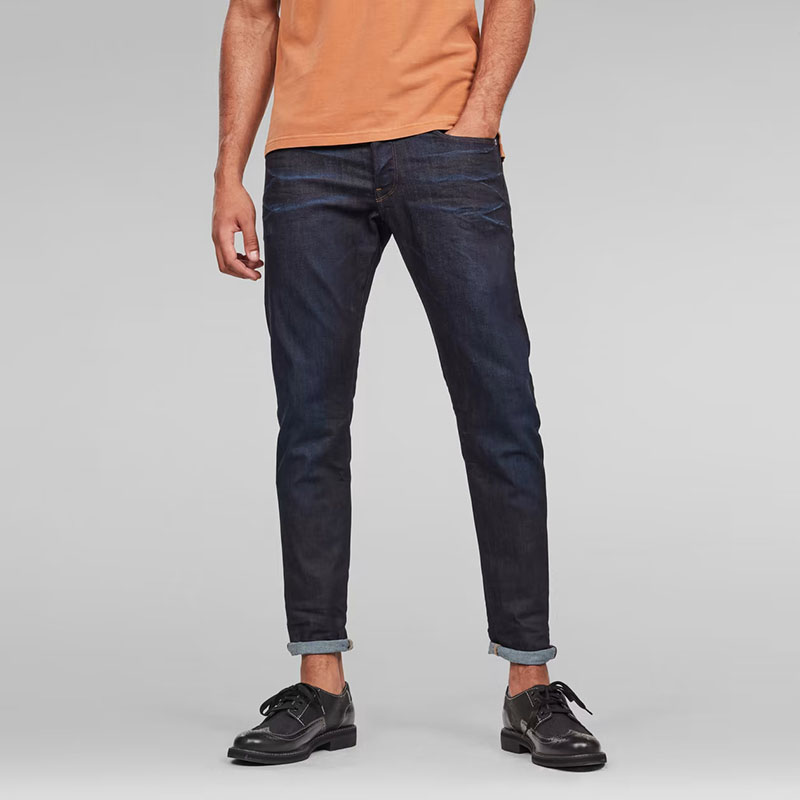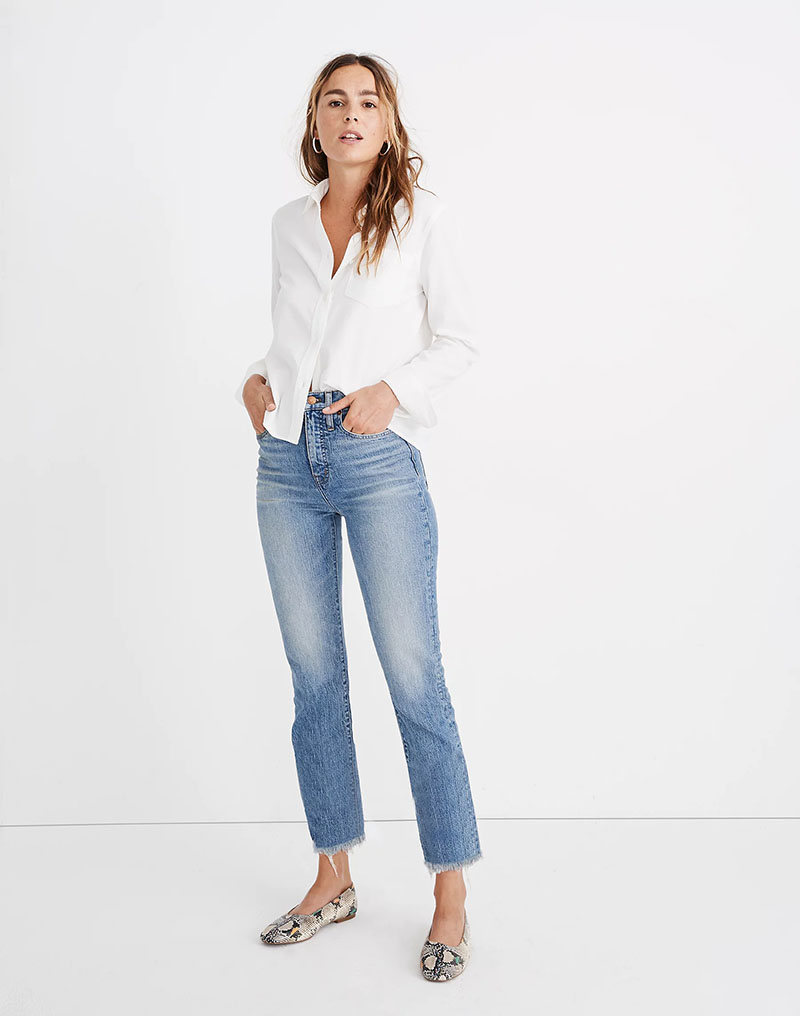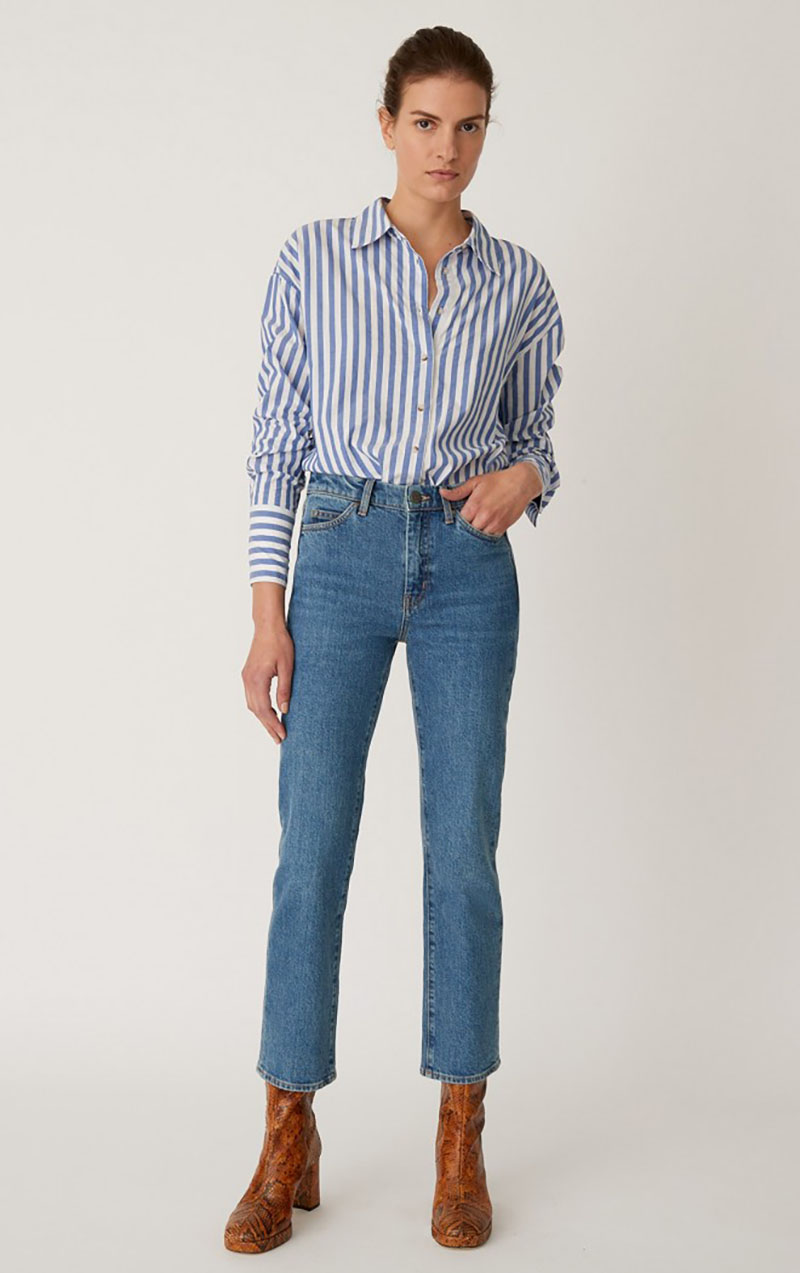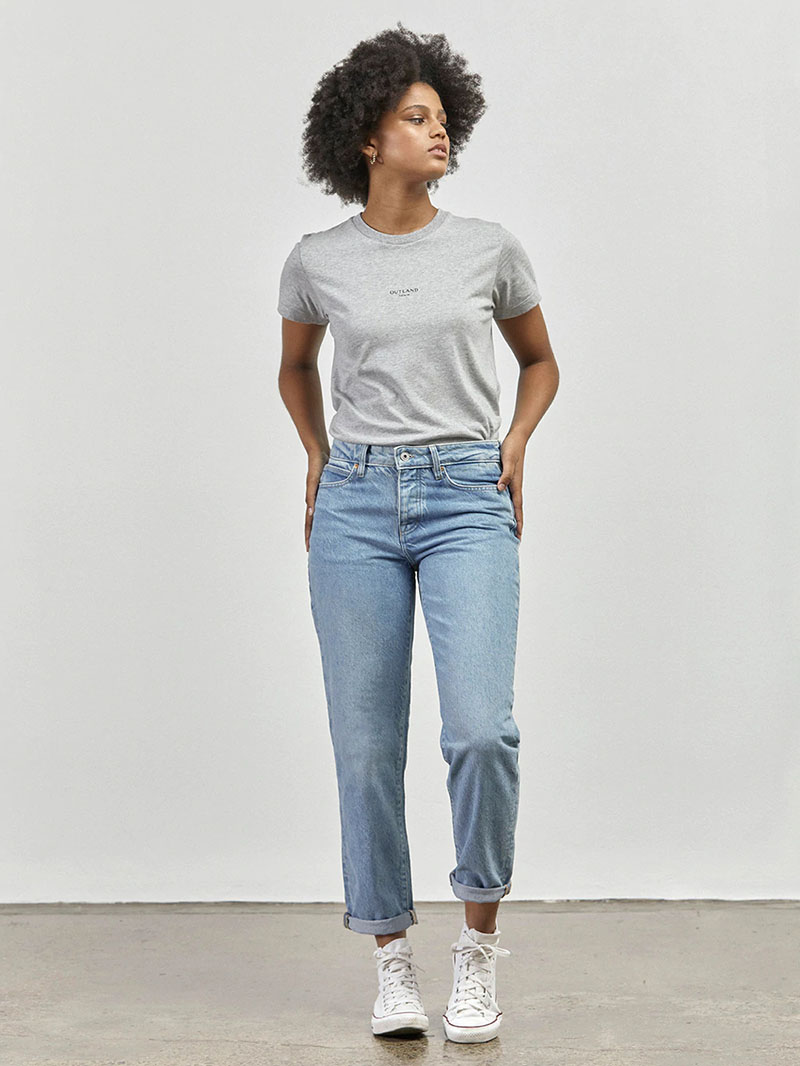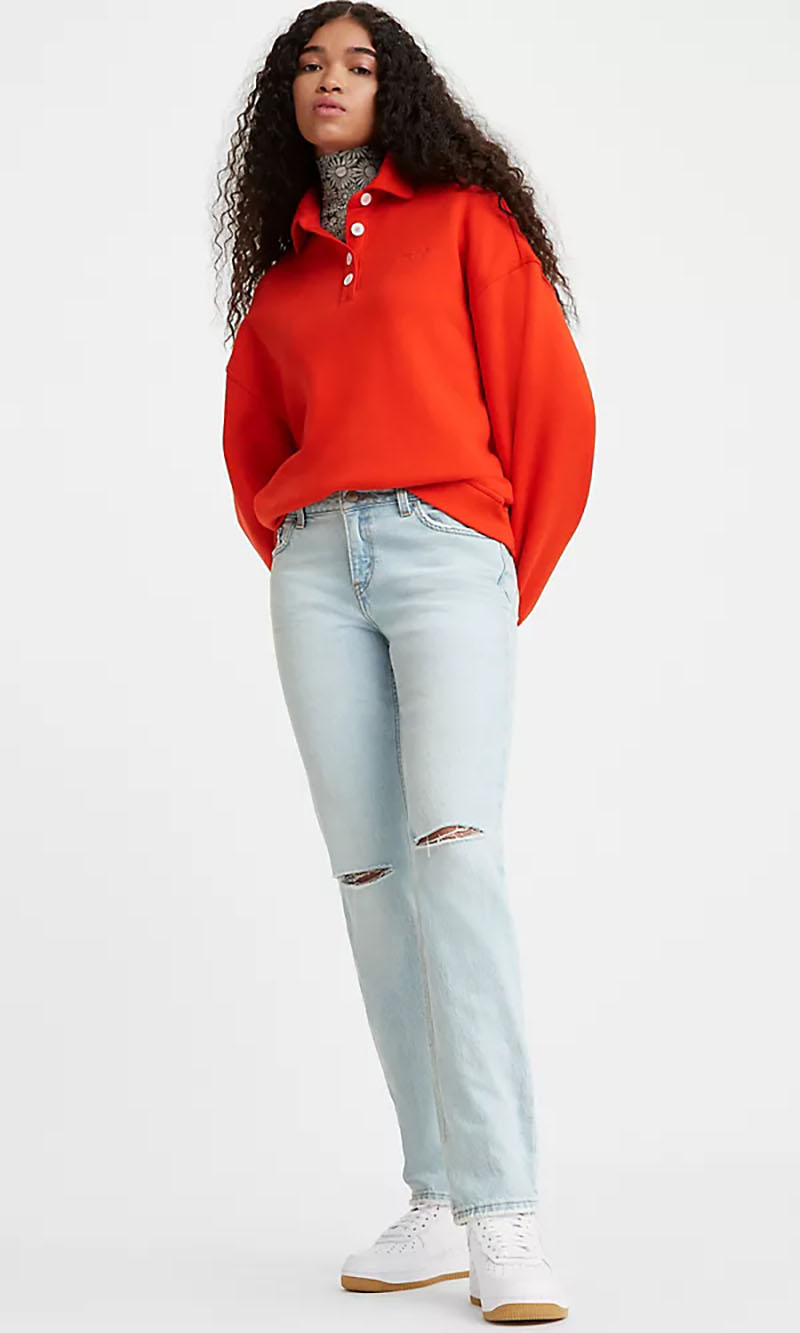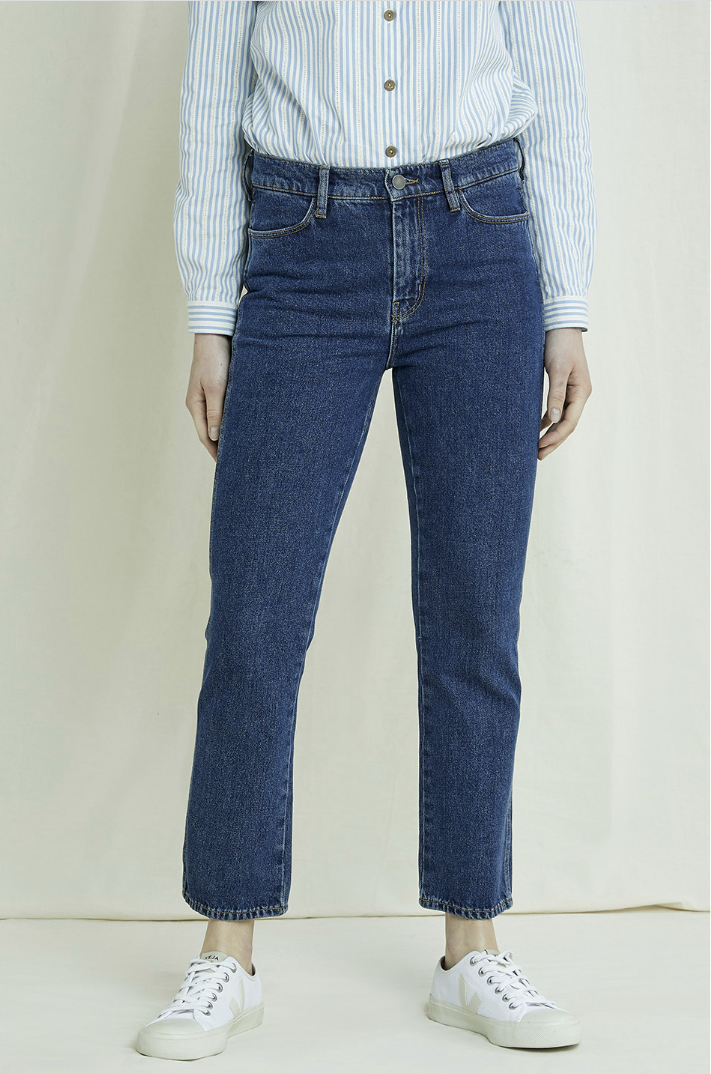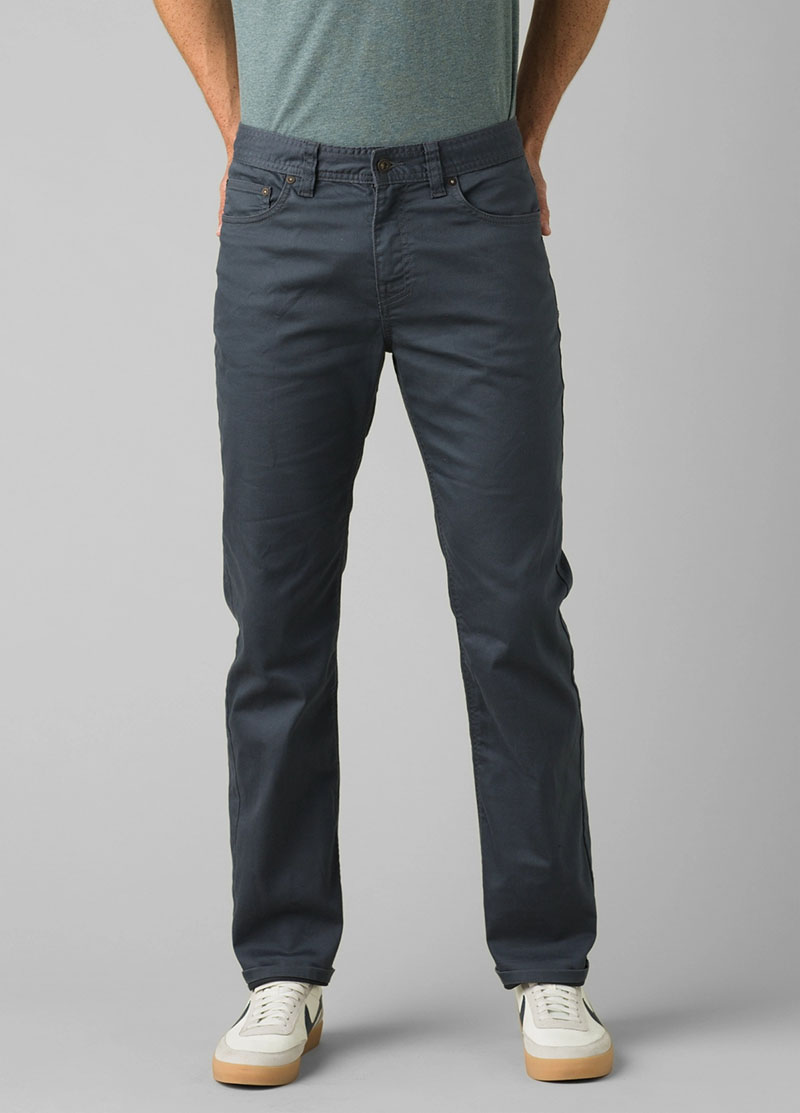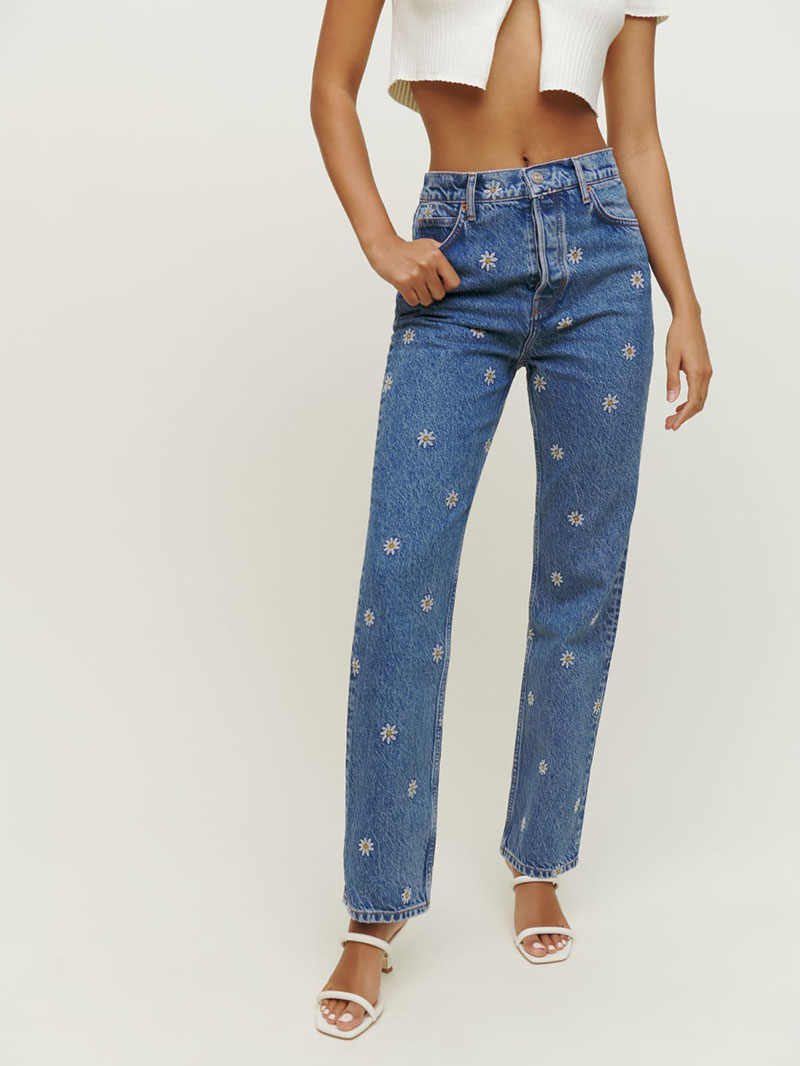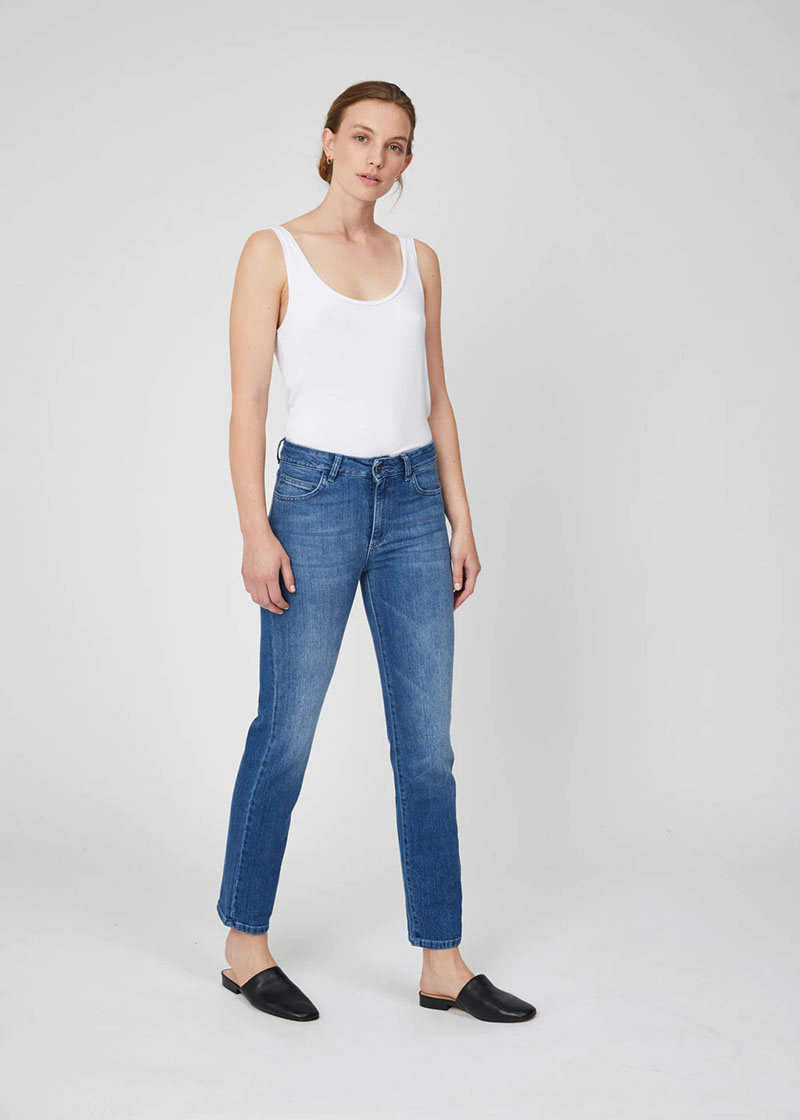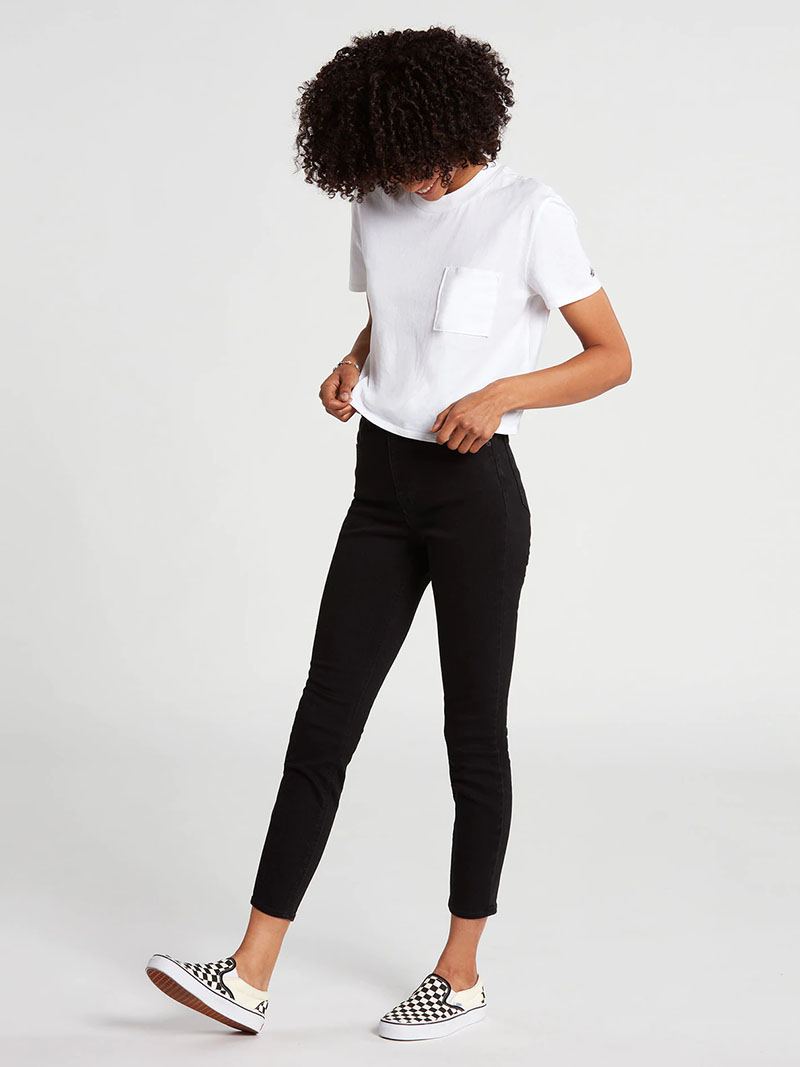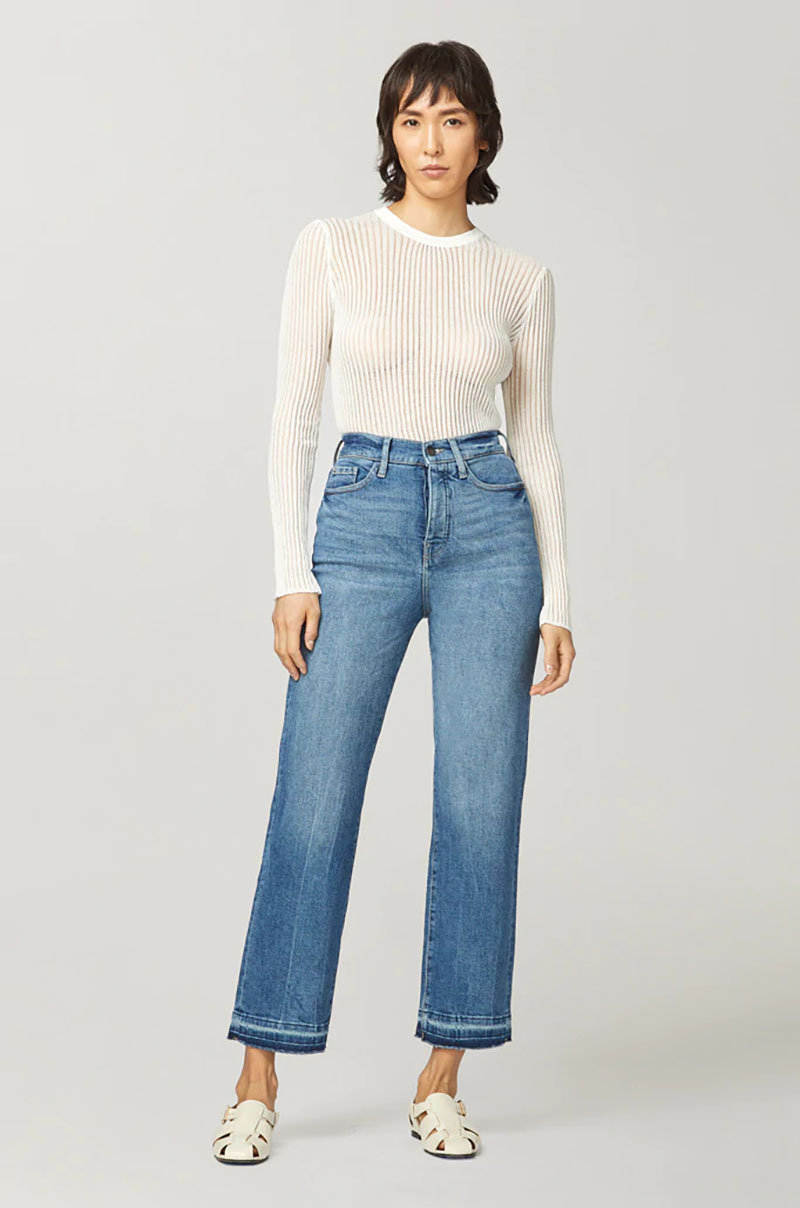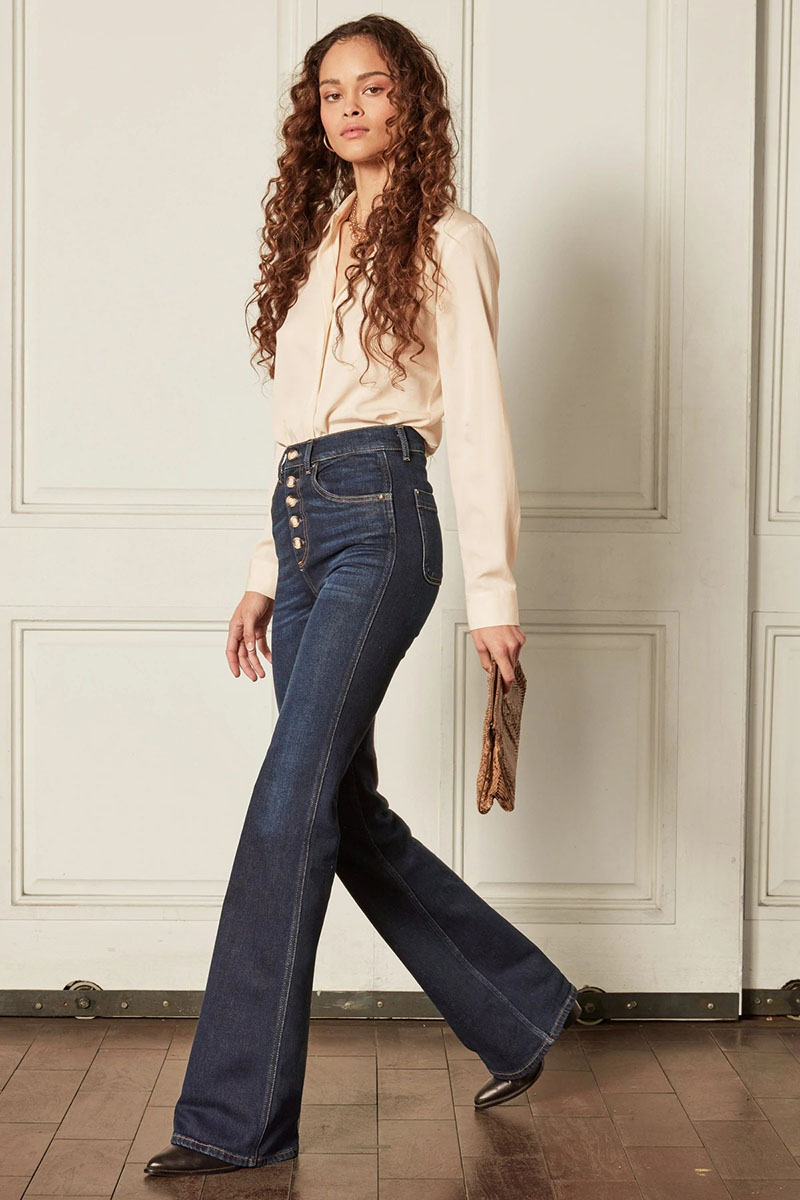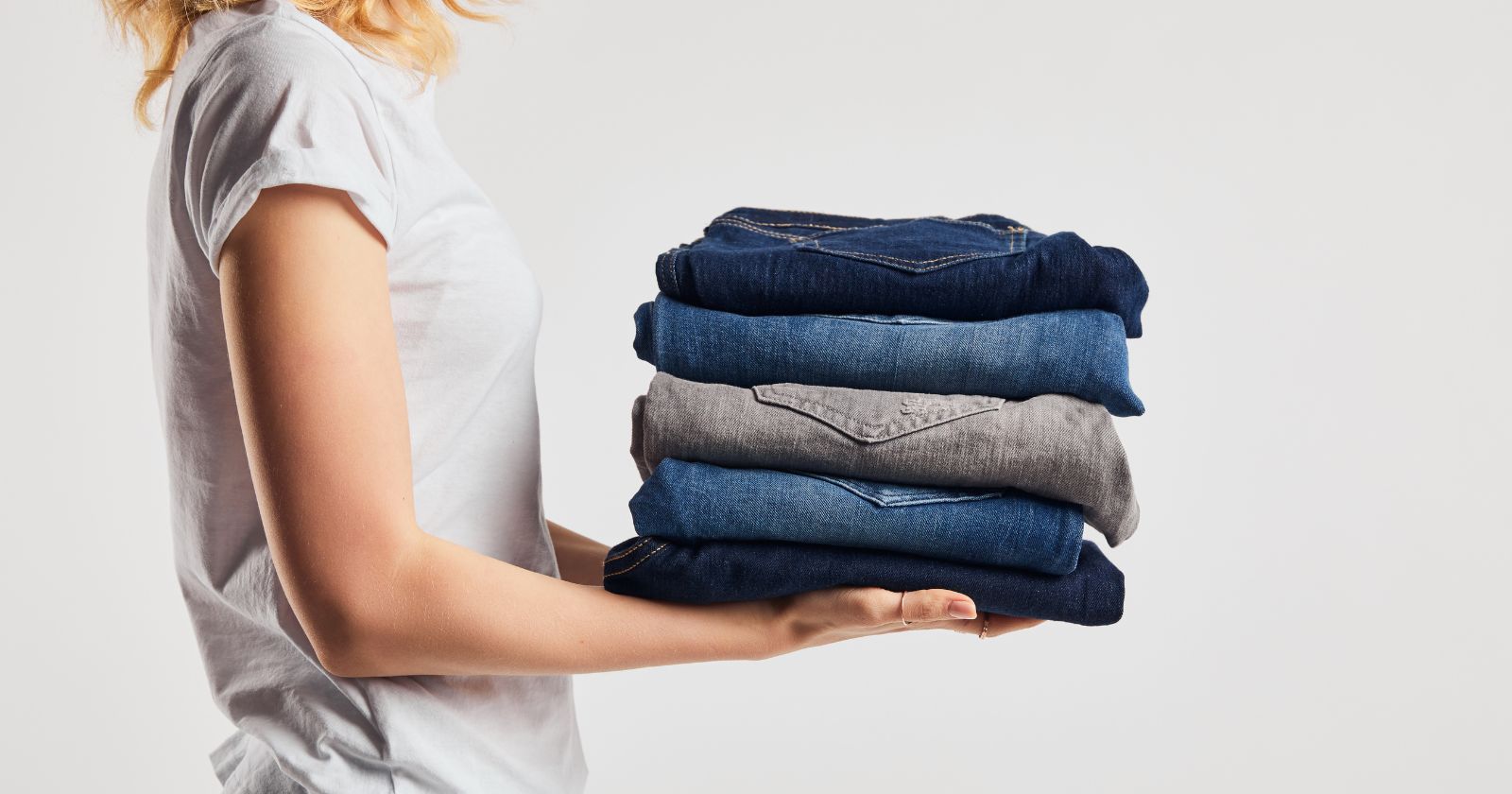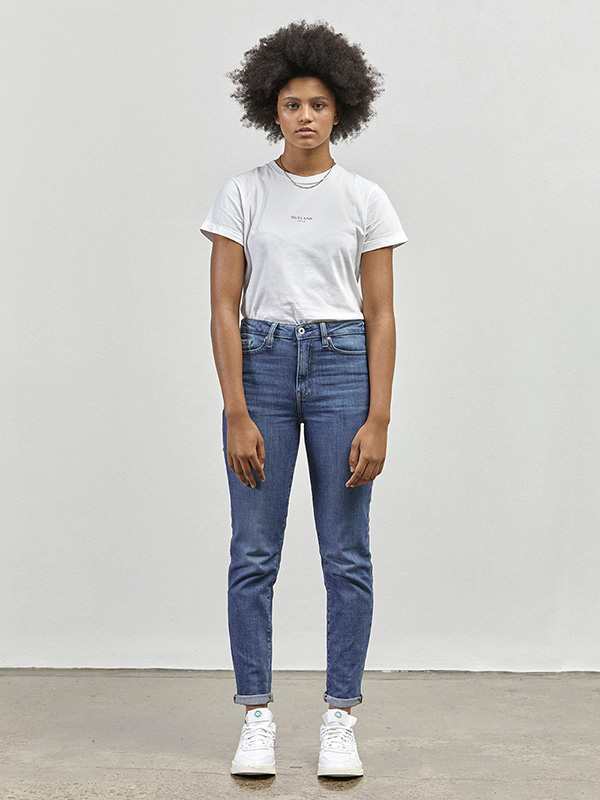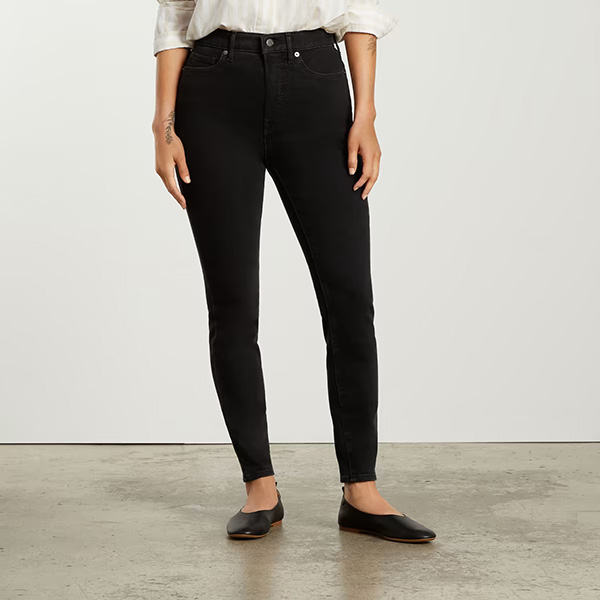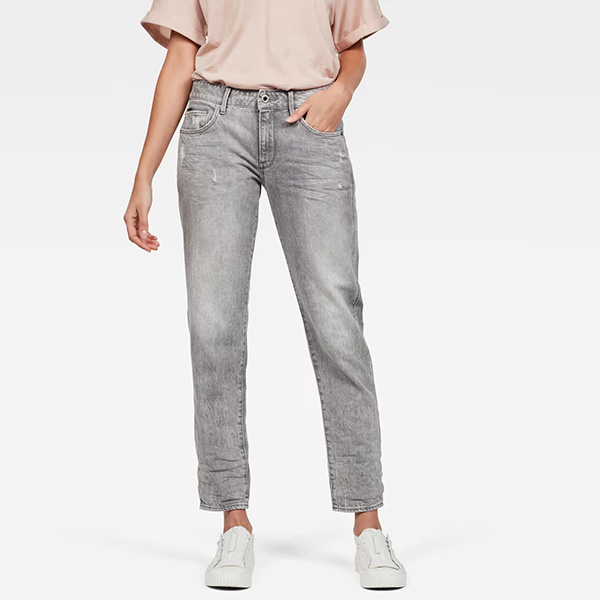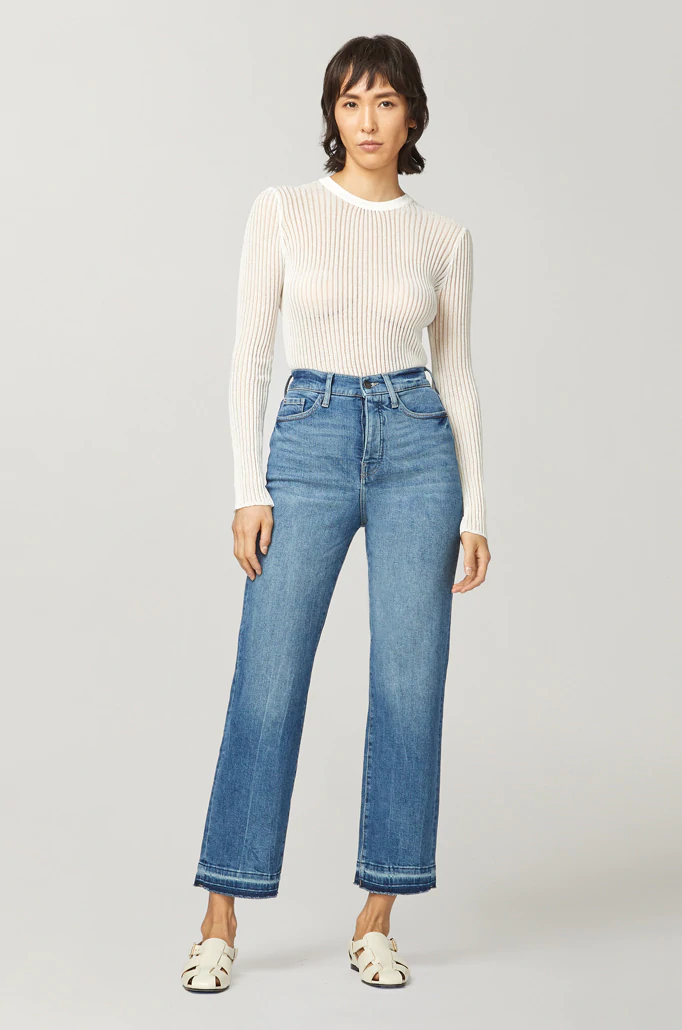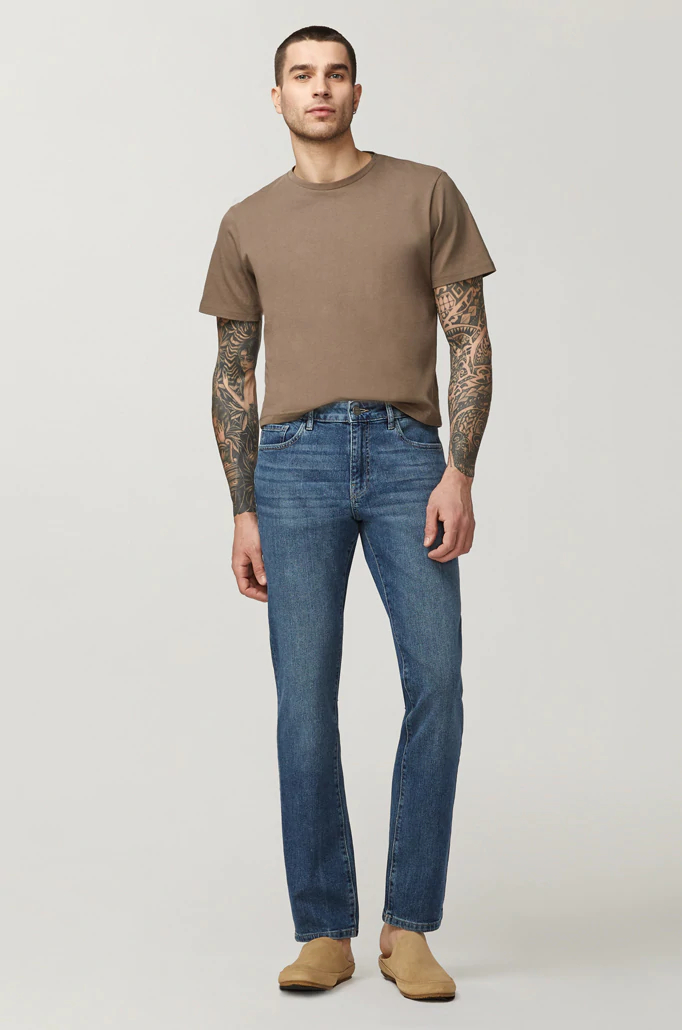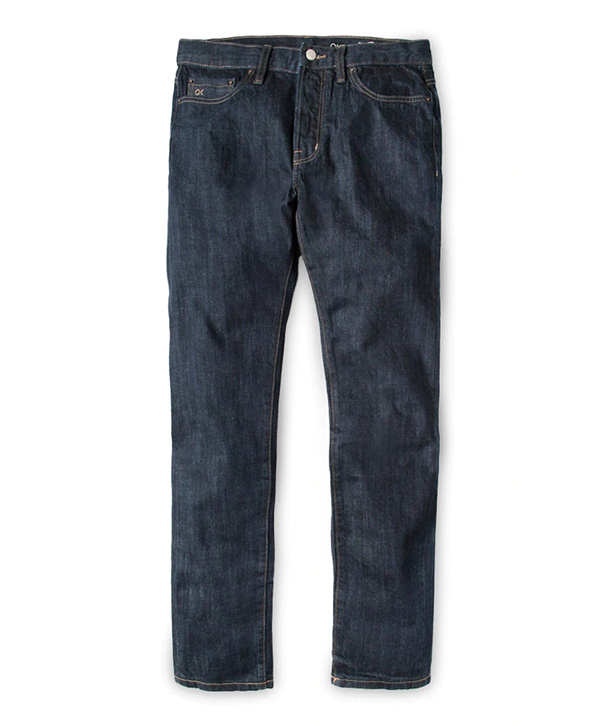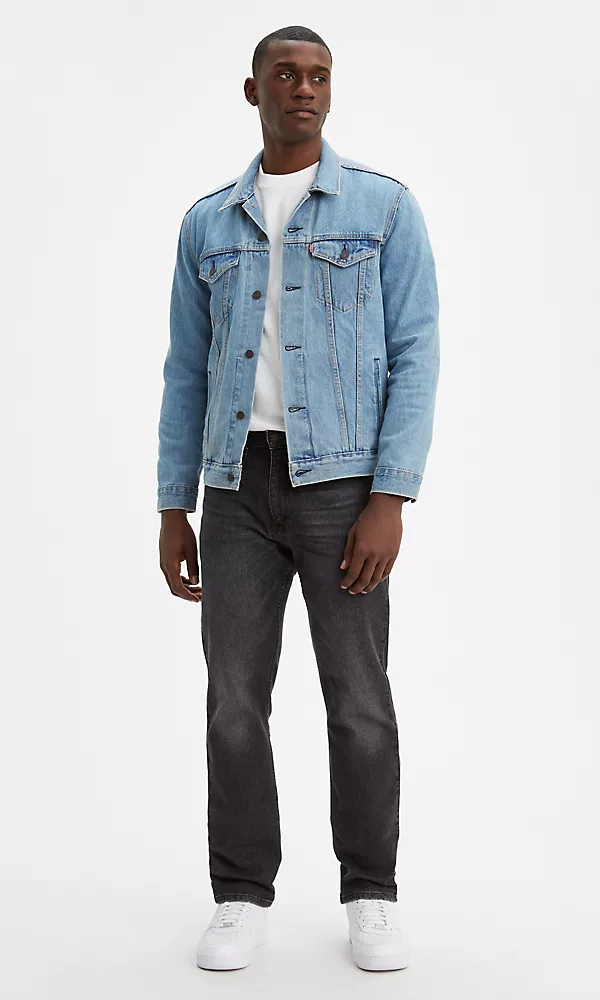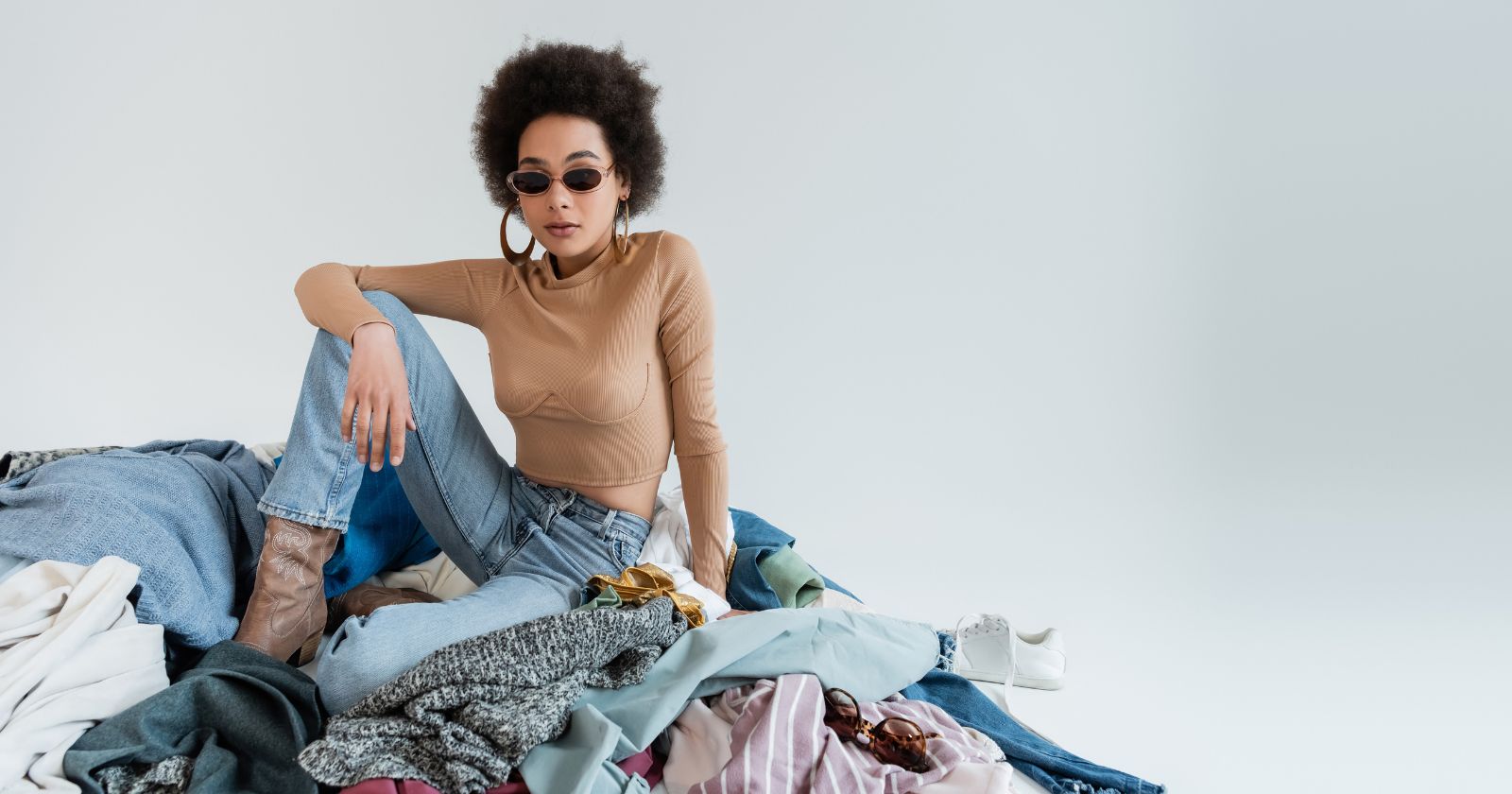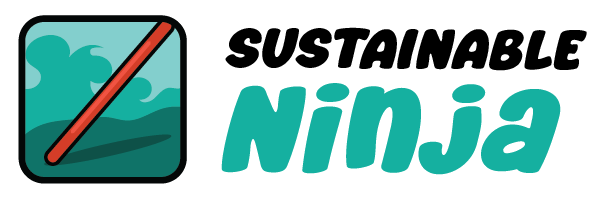| Aba – a course felted fabric woven from goat and/or camel hair. | No |
| Acrylic – a synthetic fabric made from a polymer called acrylonitrile. | Yes |
| Aertex – a trademark for a brand of loose-weave cotton fabric. | Yes |
| Alpaca – derived from alpaca hair. It is warmer than wool, water-resistant, and hypoallergenic. | No |
| Angora – woven from hair of the angora rabbit. Silky and soft. | No |
| Baize – a felt-like material used for covering snooker and pool tables. Typically a wool/cotton blend. | Depends |
| Bamboo – Bamboo cellulose is used to make all types of rayon, including viscose, modal, and lyocell. | Yes |
| Batiste – also known as Cambric or Chambray, it is a lightweight cotton (or linen) fabric used for linings, lingerie, and handkerchiefs. | Yes |
| Broadcloth – a dense cloth historically made of wool, but in a modern context more likely to be cotton or cotton blend. | Depends |
| Brocade – a rich, thick fabric with an elaborate raised design. Normally silk, but synthetic alternatives are available. | Depends |
| Buckram – a stiff cotton or linen cloth. Used for bookbinding, hats, and in clothing. | Yes |
| Bunting (or Bunt) – traditionally made from a lightweight wool, but alternative materials include plastic, synthetic fabrics, and paper. | Depends |
| Calico – a cheap, plain-woven textile made from unbleached cotton. Often, the cotton has not been fully-processed. | Yes |
| Cambric – also known as Chambray or Batiste, is a lightweight cotton (or linen) fabric used for linings, lingerie, and handkerchiefs. | Yes |
| Camelhair – fiber or cloth made from the hair of a camel. Often blended with other fibers, including wool. | No |
| Camlet (or Camelot, Camblet) – a woven fabric traditionally made of camel or goat’s hair. Later made from blends of goat’s hair and silk, or of wool and cotton. | No |
| Canvas – a course and durable plain-woven fabric traditionally made from hemp, but now typically made from cotton, linen or PVC. | Yes |
| Cashmere – a soft and silky fiber harvested from cashmere, pashmina, and other types of goats. | No |
| Challis – a lightweight woven fabric. It can be made from cotton, silk, or wool (or often a blend), but is now sometimes produced from man-made fabrics, such as rayon. | Depends |
| Chambray – also known as Cambric or Batiste, it is a lightweight cotton (or linen) fabric used for linings, lingerie, and handkerchiefs. | Yes |
| Chenille – a heavy woven fabric typically manufactured from cotton or synthetic yarns, sometimes mixed with wool or silk. | Depends |
| Chiffon – a lightweight and sheer fabric. Can be made from cotton, silk, or synthetic fibers. | Depends |
| Chino – a twill fabric. It is typically made from either 100% cotton or cotton-synthetic blend. | Yes |
| Chintz – a brightly printed and glazed cotton fabric. | Yes |
| Corduoroy (or Cord) – a textile made from twisted fibers that have been woven into a distinctive cord pattern. Normally made from cotton. | Yes |
| Cork – made the soft bark of some kinds of oak tree. | Yes |
| Cotton – made from fibers that surround the seeds of the cotton plant. It is used as both a textile fiber and as a thread for sewing. | Yes |
| Cotton flannel (or Canton flannel) – a stout cotton fabric with nap on one side only | Depends |
| Crepe (or Crape, or Crepe de Chine) – a soft woven fabric. Originally made from carded wool or worsted yarn, modern crepe is normally either wool, cotton, or synthetic. | Depends |
| Cretonne – a heavy cotton fabric used for upholstery. Typically printed with a floral pattern. | Yes |
| Damask – a woven fabric with an ornate and intricate pattern. It can be made from silk, wool, linen, cotton, or synthetic fibers. | Depends |
| Denim (or Jean) – a durable cotton textile with distinctive diagonal ribbing. Denim itself is vegan, but jeans sometimes aren’t due to leather patches. | Yes |
| Dimity – a sheer cotton fabric woven with raised stripes or checks. Hard-wearing. | Yes |
| Doeskin – leather made from the skin of a female deer. | No |
| Down – fine feathers taken from birds, normally domestic geese. | No |
| Duck (Duck Cloth, Duck Canvas) – a heavy woven cotton cotton fabric which can be used for both clothing and tents. | Yes |
| Duffel (or Duffle) – a coarse heavy woolen fabric used for both bags and clothing, particularly coats. | No |
| Elastane – a synthetic fiber that is stronger and more durable than rubber, while still retaining exceptional elasticity. | Yes |
| Elastic – a flexible stretchable fabric, typically cotton, nylon or polyester, made with interwoven strands of rubber or elastane. | Yes |
| Etamine (or Etamin) – a soft, loosely woven fabric with a slight sheen. Can be made from cotton or wool. | Depends |
| Faille – a shiny, closely-woven fabric characterized by slight ribs in the weft. Can be made from silk, rayon, or cotton. | Depends |
| Faux-Leather – sometimes called Leatherette, Vinyl, or Polyurethane, it is a synthetic fabric that replicates the look of real leather. | Yes |
| Felt – hair, wool or synthetic fiver that has been matted and pressed together to create a thick, strong material. Traditionally not vegan but can be made with synthetics. | Depends |
| Flannel – a soft woven fabric that can be made from wool, cotton, or synthetic fibers. | Depends |
| Flannelette – a light cotton fabric that has been designed to imitate flannel. | Yes |
| Fleece (and microfleece) – made from PET, a plastic. Not to be confused with the fleece of a sheep or goat. | Yes |
| Foulard – a lightweight fabric made of silk or a silk/cotton blend. Can be either twill or plain-woven, usually made with a printed design. | No |
| Frieze – a heavy woolen fabric with a long nap | No |
| Fustian – a cotton and linen fabric. Strong, with a short nap, it is usally dyed in dark colors. | Yes |
| Gabardine – a tough fabric with a tight weave. Traditionally worsted wool, but can be cotton, polyester, or a blend. Used for suits, overcoats, uniforms. | Depends |
| Georgette – a sheer, lightweight silk material used predominantly in dressmaking. | No |
| Gingham – a lightweight plain-woven cotton cloth. Typically produced in a check design mixing white with a bolder color. | Yes |
| Grogram – made from a mix of silk and wool. | No |
| Grosgrain – a corded fabric or ribbon characterized by a weft that is heavier than its wrap. Traditionally wool, silk, or a blend, but can also be made from nylon. | Depends |
| Haircloth – a stiff fabric made from horse hair or camel hair. | No |
| Hemp – a tough fiber harvested from the cannabis plant. | Yes |
| Horsehair – a stiff fabric made from horse hair or camel hair. | No |
| Jersey – a kntted fabric originally made using wool, but now sometimes made with cotton or synthetic fibers instead. | Depends |
| Khaki – a strong twilled cloth usually made from cotton and linen. | Yes |
| Lace – a beautiful delicate fabric with an open weblike pattern. Traditionally made out of silk, but modern lace is often synthetic. | Depends |
| Lame – a fabric made using a mix of one material (often synthetic) with thin metallic fibers to create a shiny, metallic-looking fabric. | Yes |
| Leather – made by tanning animal (often cow) skin. Strong and flexible. | No |
| Leatherette – an imitation leather made from paper, cloth, synthetics, or other materials. | Yes |
| Linen – made from the fibers of the flax plant. Cool and fresh in hot weather. | Yes |
| Linsey-woolsey – a strong and coarse fabric made with a linen (sometimes cotton) warp and a woolen weft. | No |
| Lint – a linen or cotton fabric with a raised nap on one side. Commonly used to make bandages. | Yes |
| Lisle – a fine fabric made from lisle yarn, (a strong, high-twisted yarn made of cotton). | Yes |
| Lyocell – a type of Rayon made using the Lyocell process. It is a semi-synthetic fabric made using wood or bamboo cellulose. | Yes |
| Mackinaw – a felted woolen cloth with a heavy nap, often produced with a plaid design. | No |
| Mackintosh (or Macintosh) – a lightweight waterproof fabric, usually rubberized. | Yes |
| Madras – a lightweight fabric made from cotton. It typically has a patterned texture and a plaid design. Ideal for summer clothing. | Yes |
| Marseille – a strong cotton fabric. It has a raised pattern and is used for bedspreads. | Yes |
| Mesh – material that resembles a net due to a large number of closely-spaced holes. Typically made of nylon or polyester. | Yes |
| Microfiber – a very fine synthetic yarn. | Yes |
| Modal – a type of Rayon. It is a semi-synthetic fiber made out of tree or bamboo cellulose. Used alone or sometimes blended (often with cotton). | Yes |
| Mohair – a silky fabric made from the hair of the Angora goat. | No |
| Moire (Watered Silk) – a fabric with a wavy (or watered) appearance. Traditionally made from silk, it is sometimes made from wool, cotton, or rayon. | Depends |
| Moleskin – a durable cotton fabric with a velvety nap. It is not made from moles. | Yes |
| Monk’s Cloth – a heavy cloth made from cotton with a basket weave. | Yes |
| Moquette – a synthetic fabric. It is thick and velvety and is normally used for carpets and soft upholstery. | Yes |
| Moreen – a heavy fabric with a ribbed face. Traditionally made from wool, but now may be made from a cotton/wool blend or just cotton | Depends |
| Mousseline de soie – a thin, gauze-like fabric. Traditionally silk, but could now be made from rayon or other materials. | Depends |
| Muslin – a loose plain weave cotton fabric. | Yes |
| Nankeen – a pale yellow cotton cloth. | Yes |
| Neoprene – a synthetic alternative to rubber. | Yes |
| Ninon – a sheer fabric with a plain weave used in dresses, scarves, and eveningwear. Traditionally made from silk, it can now also be made with synthetic fibers. | Depends |
| Nylon – a synthetic polymer made from materials derived from petroleum. | Yes |
| Oilcloth – a cloth treated on one side with a drying oil or synthetic resin. | Yes |
| Organdie or Organdy – a sheer stiff muslin. | Yes |
| Organza – a sheer fabric with a thin plain weave. Traditionally made from silk, but can also be made out of polyester or nylon. | Depends |
| Orlon – a brand name for first acrylic fibers created by DuPont. | Yes |
| Paisley – a pattern of colorful swirled curved shapes. Traditional paisley is likely to be on wool and silk, but can be used on other fabrics. | Depends |
| Percale – a closely-woven cotton fabric used to make bed covers. | Yes |
| PET, PETE – PET, also known as polyethylene terephthalate, is a plastic. When used in fashion it is normally called polyester. | Yes |
| Pilot Cloth – a heavy woolen material with a thicknap. Used for seamen’s uniforms. | No |
| Pique – a weaving style characterized by fine ribbing. Normally used with cotton yarn. | Yes |
| Plush – a term used to describe fabric with a pile higher than ⅛ inch (0.3 cm). | Depends |
| Polar Fleece – a highly-insulating fabric with a soft nap. Made from synthetics such as polyester. | Yes |
| Polyester – a category of synthetic fibers. The most common is PET. | Yes |
| Pongee – a soft thin cloth woven from raw silk. | No |
| Poplin (or Tabinet) – has a tight weave and a distinctive ribbed texture. Typically made of cotton, but can be wool or silk. | Depends |
| Prima Loft – a brand of synthetic insulating materials developed for the US Army in the 1980s. | Yes |
| Ramie – a natural fiber made from the stalks of the Chinese Nettle plant. It is similar to linen, and has been used for fabric for more than 5,000 years. | Yes |
| Rayon – a semi-synthetic fiber made by chemically treating tree and bamboo cellulose. | Yes |
| Rep – from the Latin for ‘rib’, Rep (or Repp) is a fabric with horizontal ribs. Can be made from silk, wool, or cotton. | Depends |
| Russet – a coarse gray, brown, or reddish-brown cloth. It is made of wool and dyed with wood and madder (a red dye). | No |
| Sailcloth – any fabric used for boat sails. Could be cotton, nylon, or Dacron. | Yes |
| Samite – a luxurious heavy silk fabric which often has silver or gold threads woven into it. | No |
| Sarcenet – a fine soft silk fabric from Italy. | No |
| Sateen – a cotton (or sometimes rayon) fabric with a satiny finish. | Yes |
| Satin – a smooth fabric with a glossy surface. Uses fibers such as silk, nylon, or polyester. | Depends |
| Scrim – a lightweight woven fabric used in curtains, bookbinding, and upholstery. May also refer to a heavier reinforcement material used art, building, and canvas making. Made from cotton or flax. | Yes |
| Seersucker – a light fabric normally made of cotton with alternating rough and smooth stripes. | Yes |
| Serge – a twilled woollen fabric made with a two-up, two-down weave. | No |
| Shag – a fabric with a deep pile. Typically used in reference to rugs or carpets. | Depends |
| Shagreen – a type of leather made from rough, untanned skin. Often shark or ray. | No |
| Shantung – a silk plane weight fabric often used for bridal gowns. | No |
| Sharkskin – a worsted fabric with a two-toned appearance. Traditionally made from wool, mohair, or silk, but can also be made using rayon. Could also refer to an actual sharkskin (not vegan!). | Depends |
| Sheepskin – a sheep’s hide which has been tanned with the fleece still attached. | No |
| Silesia – a twilled cotton fabric used for pockets and linings. | Yes |
| Silk – a soft and shiny fiber harvested from silkworm cocoons. | No |
| Spandex – an extremely stretch synthetic fiber used in the manufacture of elastic clothing. | Yes |
| Sponge cloth – a porous fabric usually made in a loose honeycomb weave. | Depends |
| Stammel – a course woolen fabric historically used for the undershirts of penitents. | No |
| Suede leather – a type of leather with a napped finished. Uses the underside of the skin of the animal, normally lamb, but can be deer, goat, pig, or calf. | No |
| Swan’s-Down – could refer to either the soft down feathers of a swan OR a thick soft fabric, often wool (could be cotton, rayon), used in baby clothes. | Depends |
| Taffeta – a smooth plain woven fabric made from either silk or synthetic fibers. Primarily used for evening wear. | Depends |
| Tammy – a plain-woven fabric of wool or a wool/cotton blend used for linings. Often glazed. | No |
| Tapa (or Tappa) – a paper-like cloth made in the South Pacific by pounding tapa bark. | Yes |
| Tapestry (or Tapis) – a woven decorative fabric, made with wool and/or silk. | No |
| Tencel – a brand of lyocel and modal rayon fibers produced by Lenzing. It is a semi-synthetic fabric made from the natural cellulose found in wood pulp. | Yes |
| Thinsulate – a brand of synthetic thermally-insulating fiber used in clothing. | Yes |
| Toweling – refers to any fabric used to make towels. Usually linen or cotton. | Depends |
| Tweed – a rough wool patterned fabric assocatied with Scotland and Ireland. | No |
| Ultrasuede – a synthetic microfiber used as a substitute for suede leather. | Yes |
| Velcro – a fastener for clothes consisting of two connecting sides, one with stiff hooks, the other softer loops. Both sides are made from nylon. | Yes |
| Velour – a plush fabric made from cotton or polyester that resembles velvet. It can be produced cheaper than velvet and is vegan. | Yes |
| Velvet – a silky fabric with a dense pile. Traditionally, made from silk, but it can be made from a wide range of materials, including nylon, rayon, linen, and wool. | Depends |
| Velveteen – a cotton fabric with a dense pile made to resemble velvet. | Yes |
| Vicuna – the wool from the vicuña’s (a South American relative member of the camel family) undercoat. | No |
| Vinyl (or PVC) – a plastic. | Yes |
| Viscose – a type of rayon made using the viscose process. It is made from tree and bamboo cellulose and commonly used in fashion. | Yes |
| Viyella – a fabric made from a cotton and wool blend in a twill weave. | No |
| Voile – a sheer fabric, usually made of either 100% cotton or cotton blended with linen or polyester. Used in curtain making. | Yes |
| Vulcanized Fiber – a tough laminated plastic made from cellulose. | Yes |
| Whipcord – an extremely strong worsted fabric with a twill weave. Can be made from heavy cotton, worsted wool, or synthetics | Depends |
| Wincey Fabric – fabric made with a wool weft and a cotton warp (sometimes linen is substituted for cotton). Can be plain or twilled. | No |
| Wool – a natural fiber obtained from sheep, goats, rabbits, and other animals. | No |
| Worsted Wool – a high-quality type of wool. Stronger and smoother than wool, worsted is often used in suit-making. | No |
